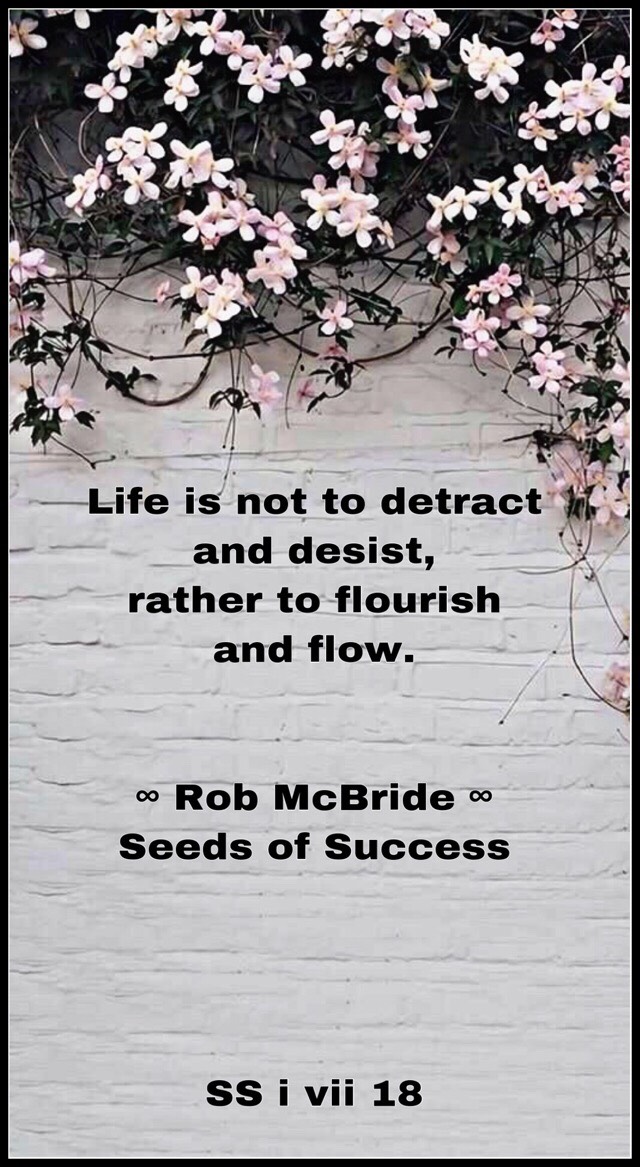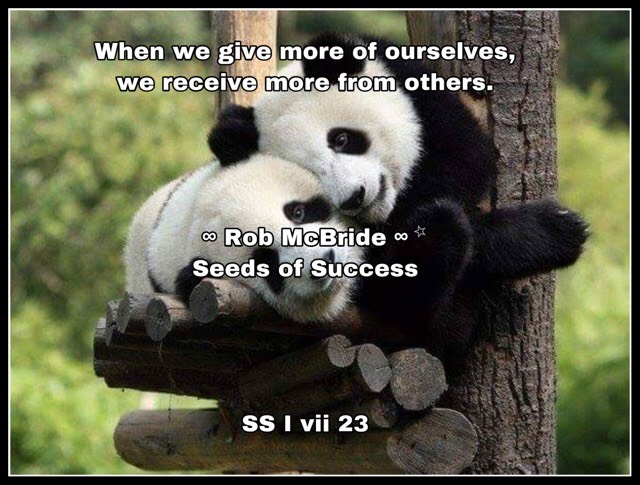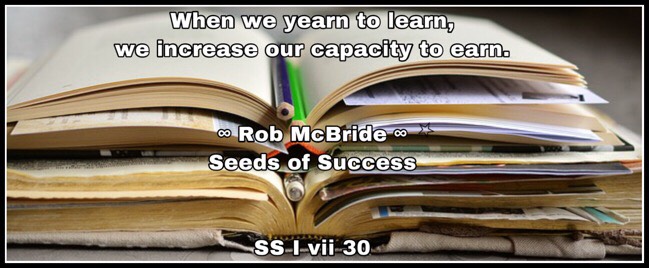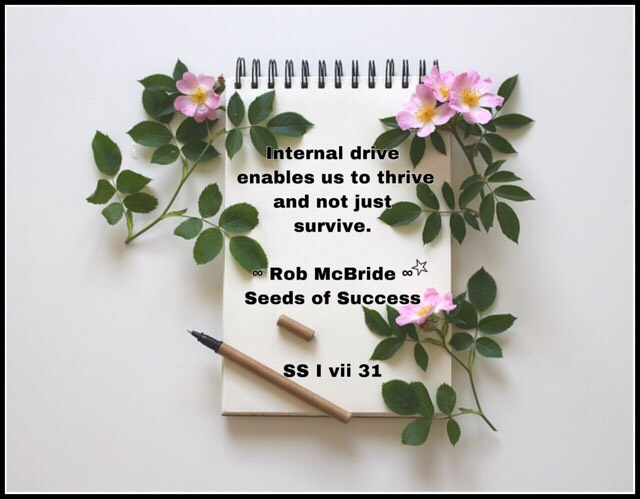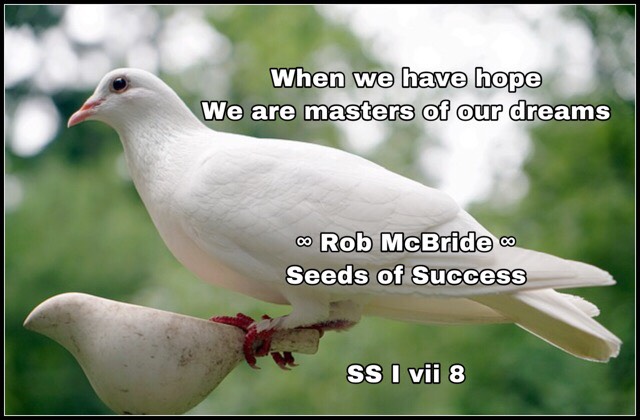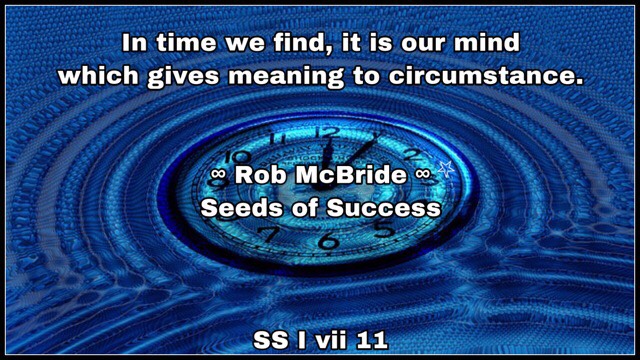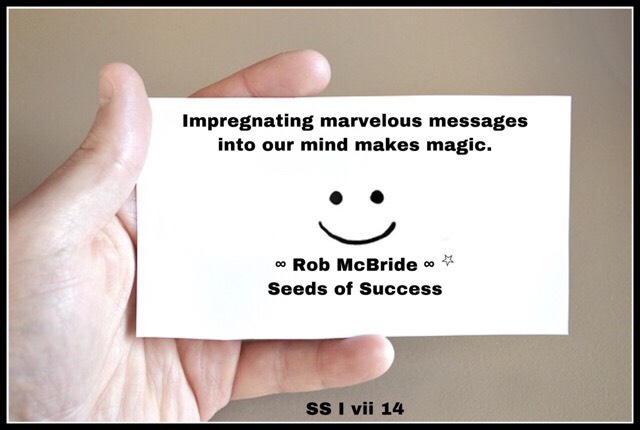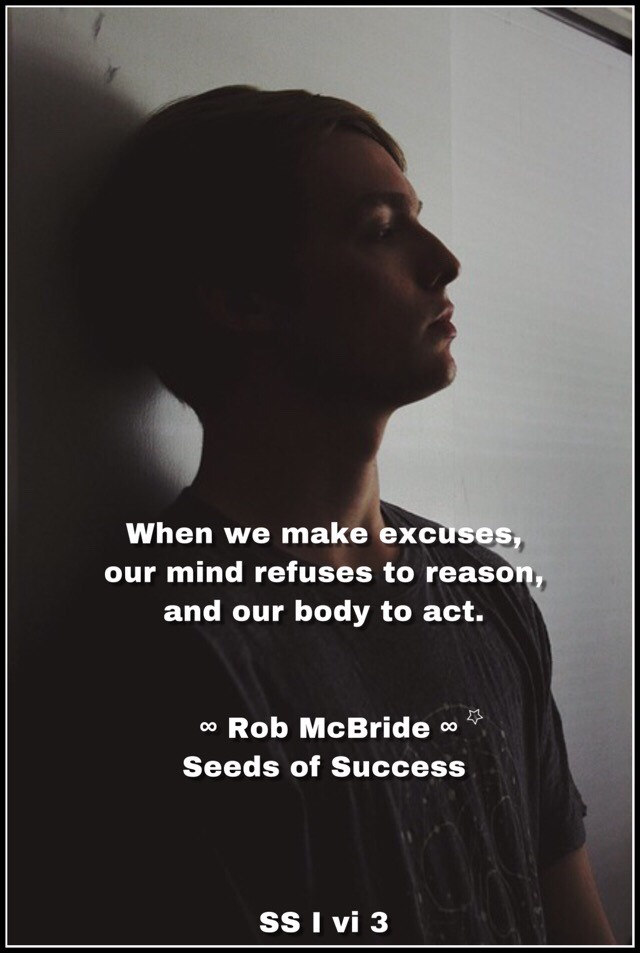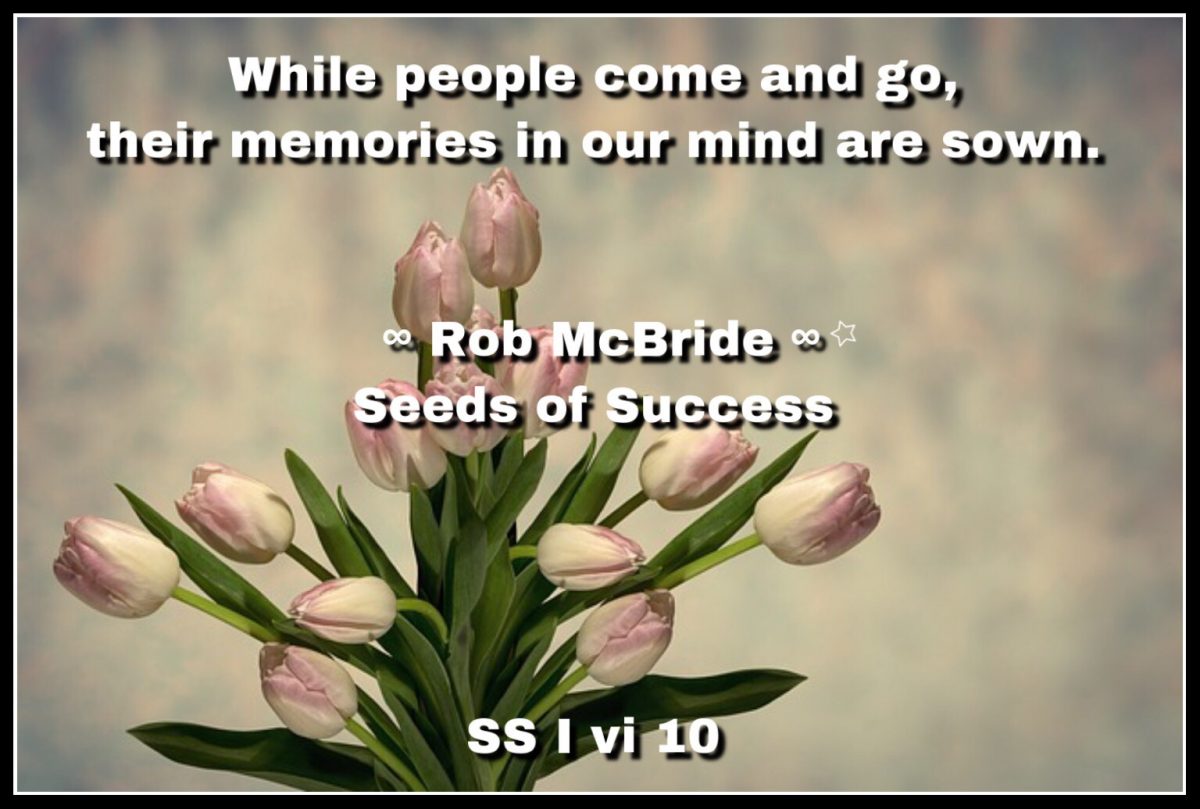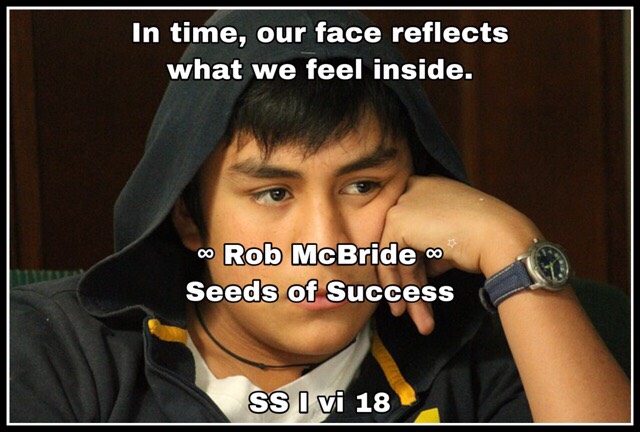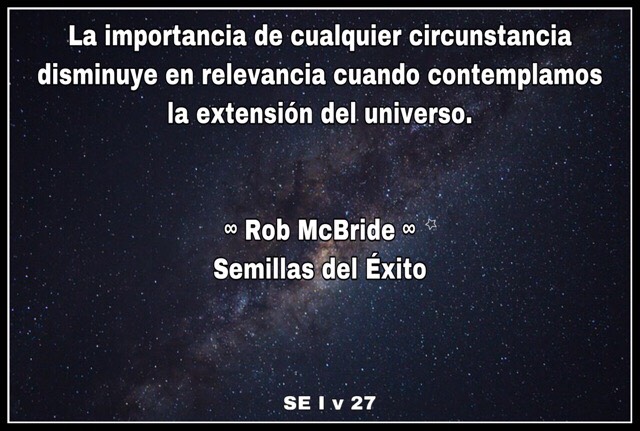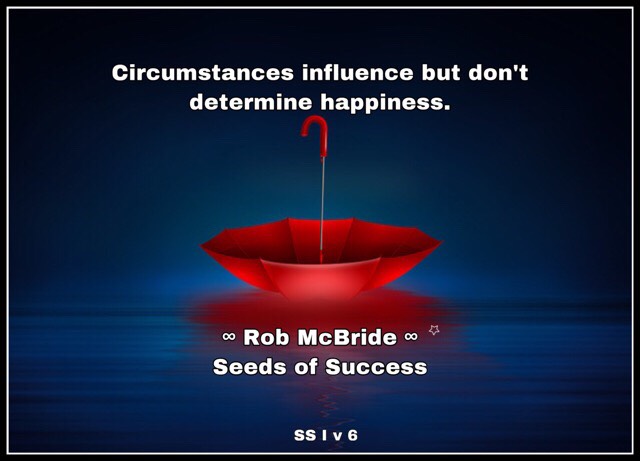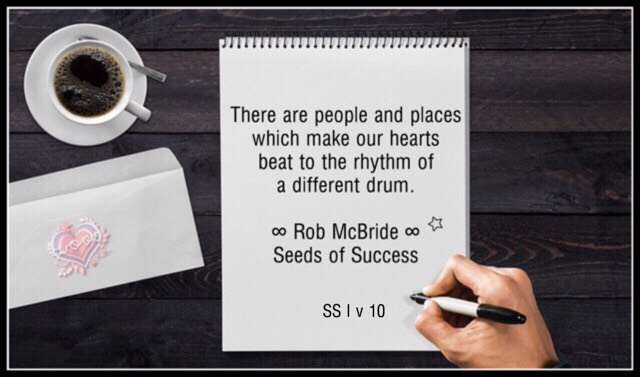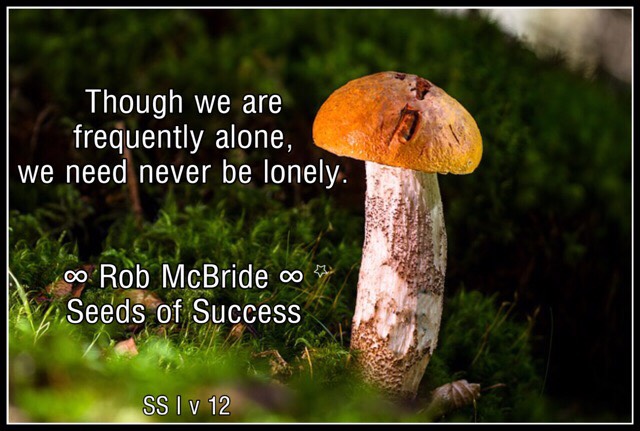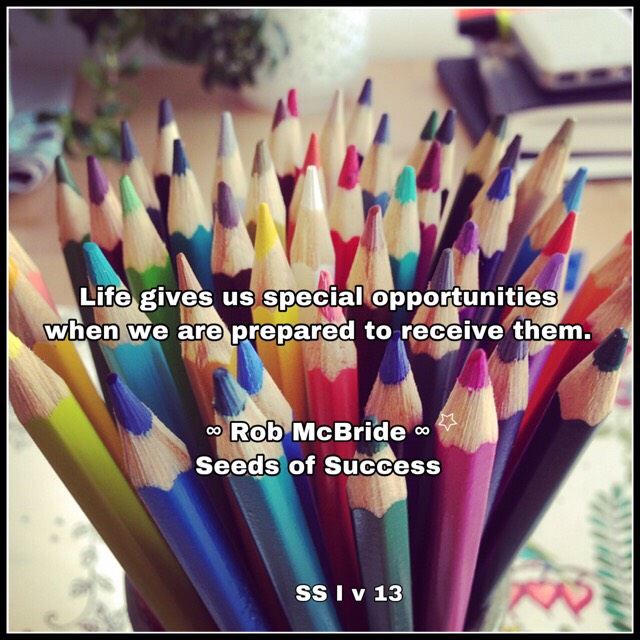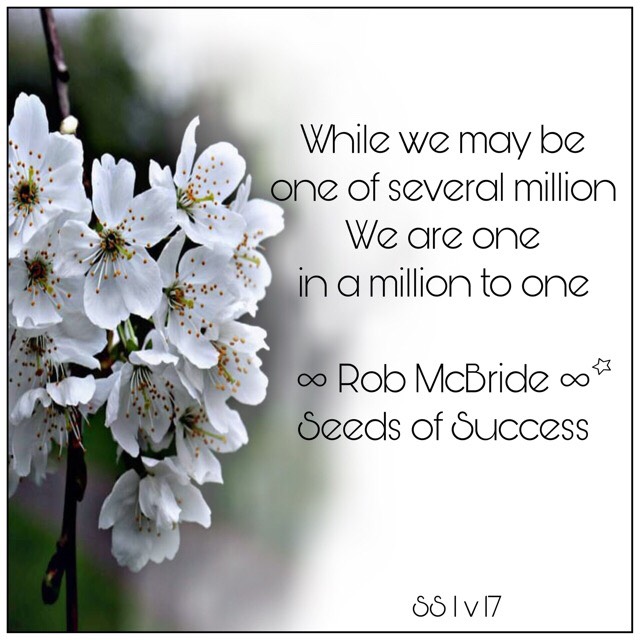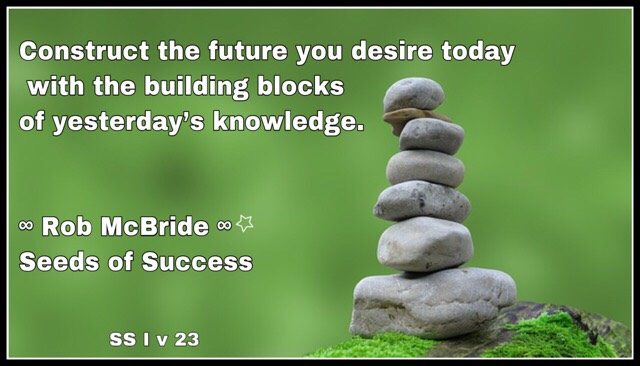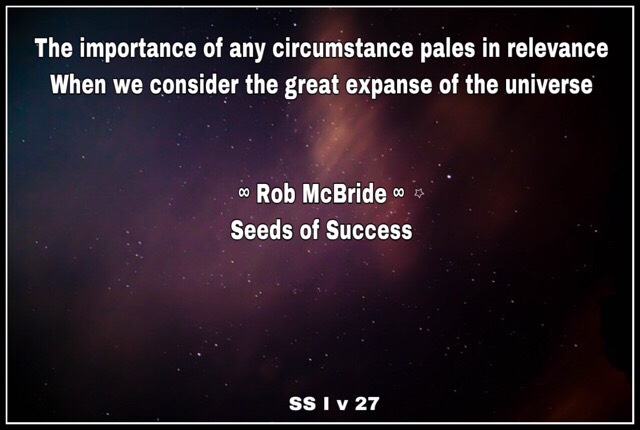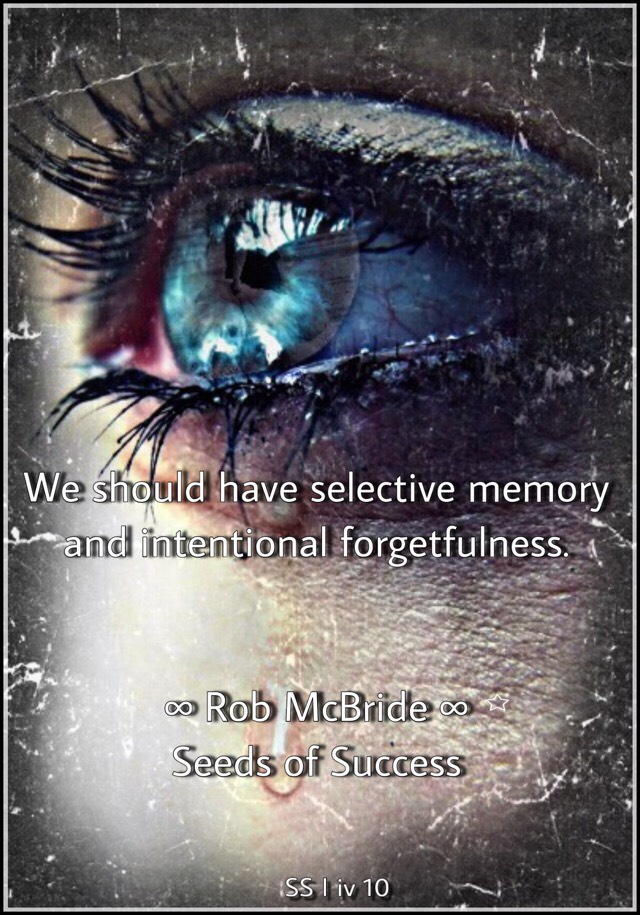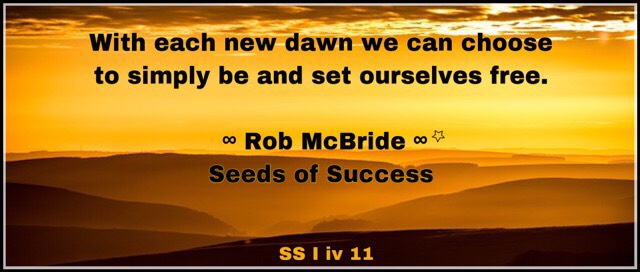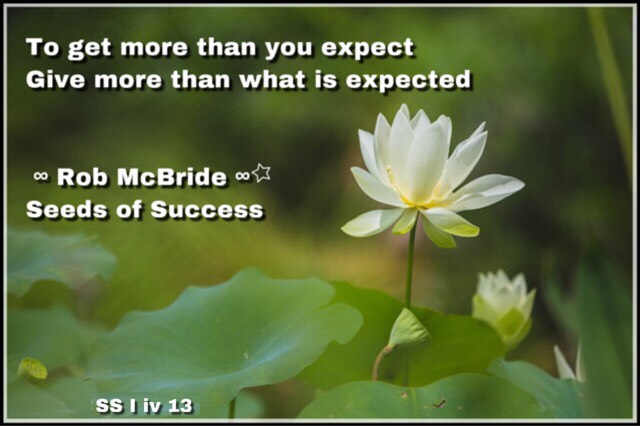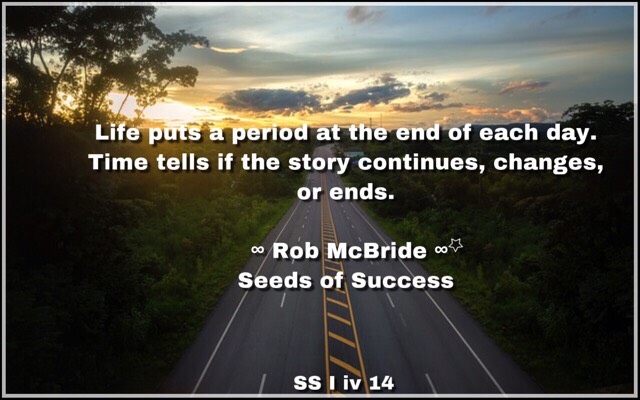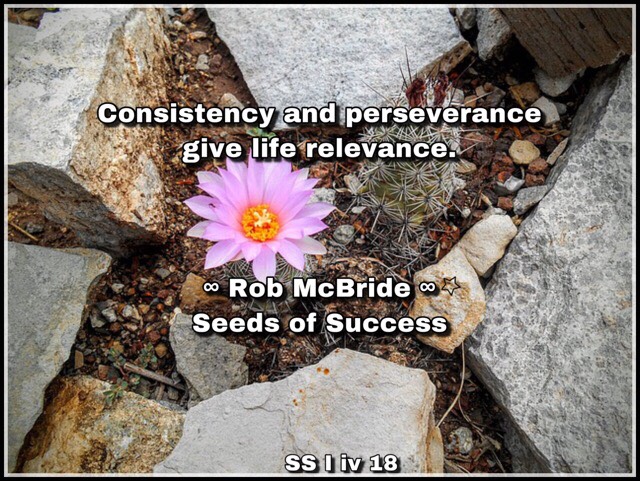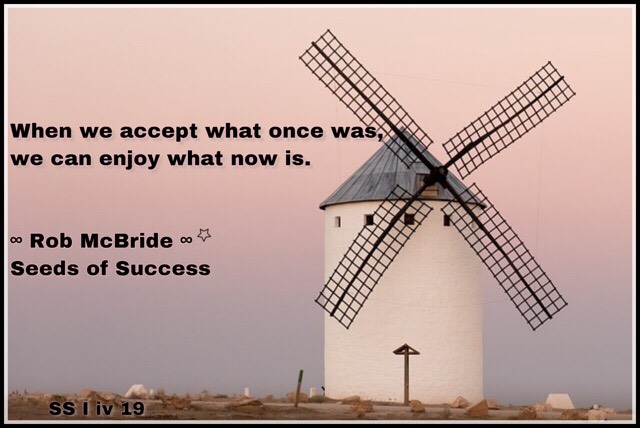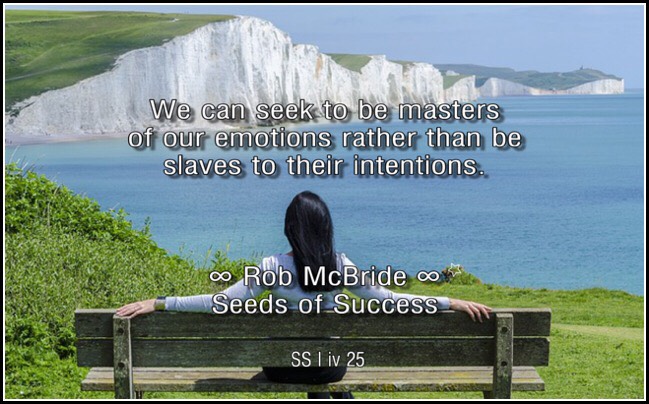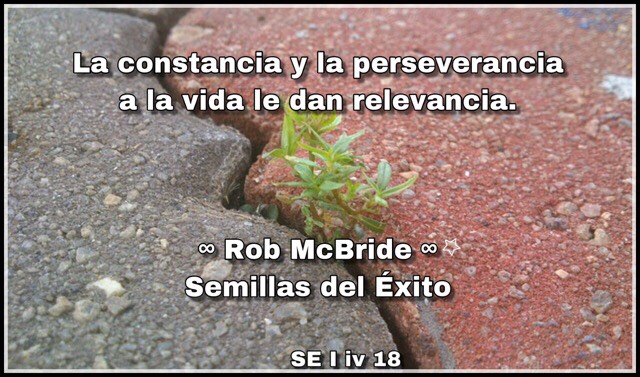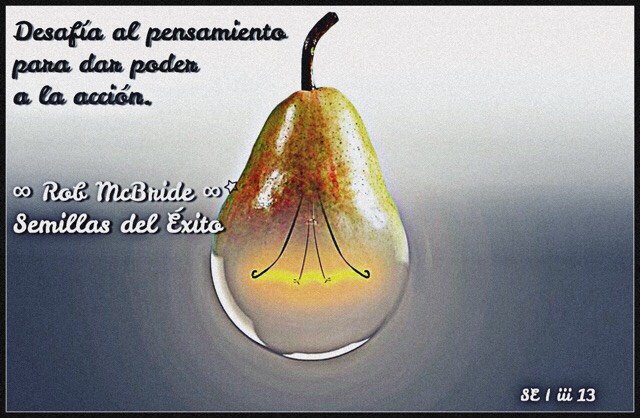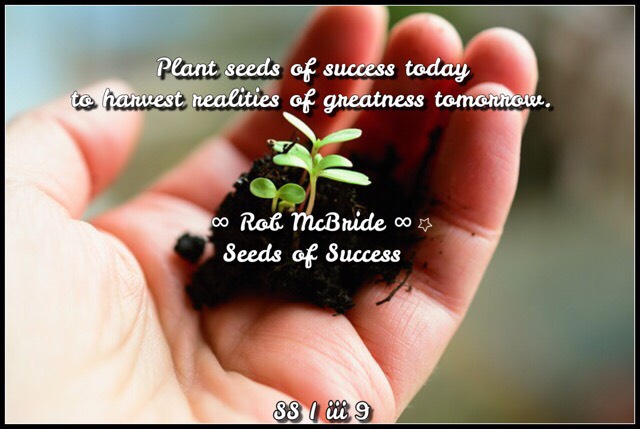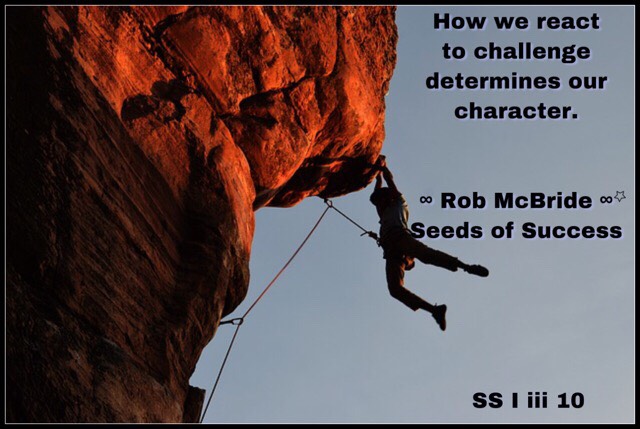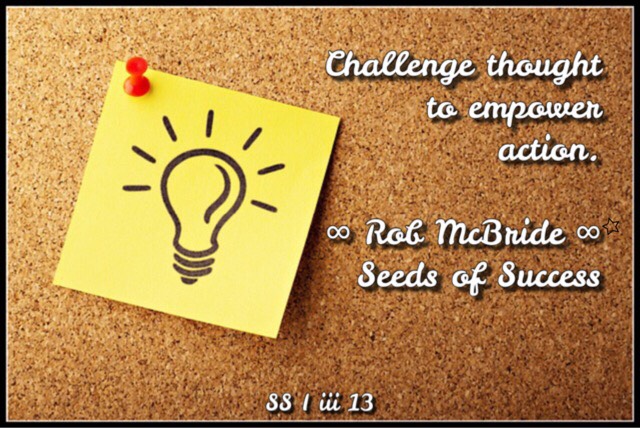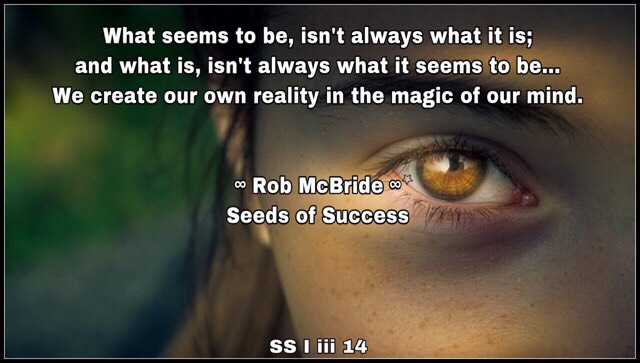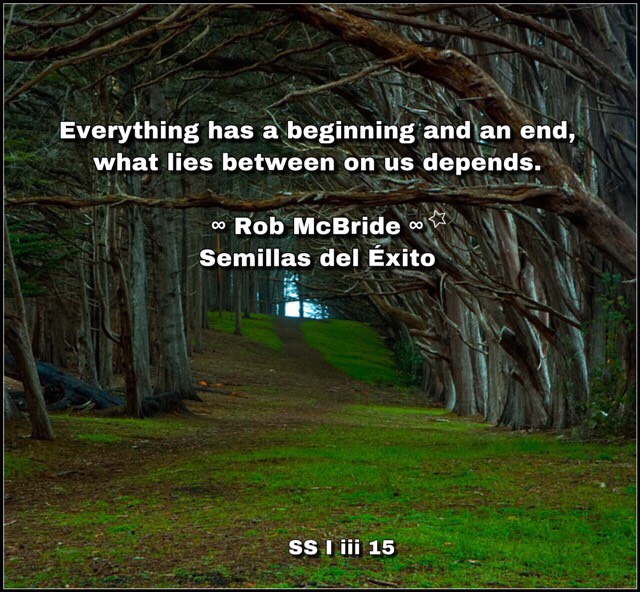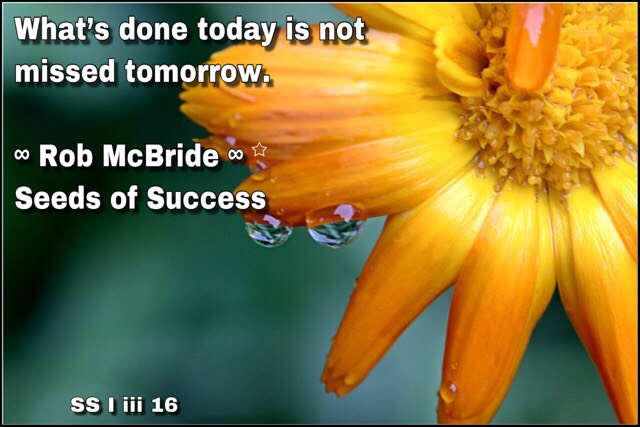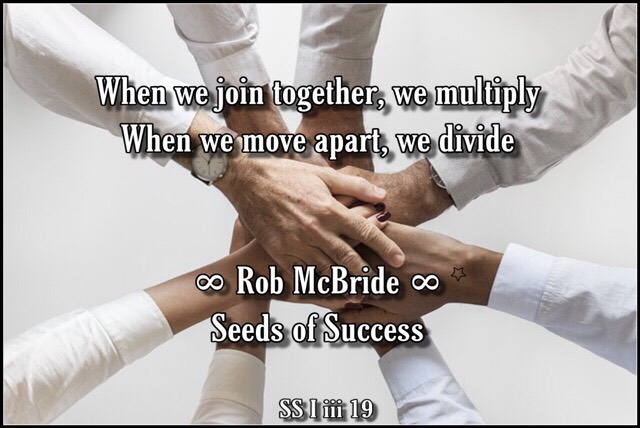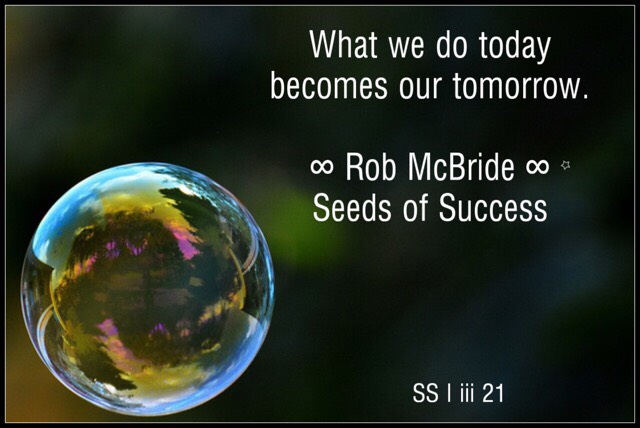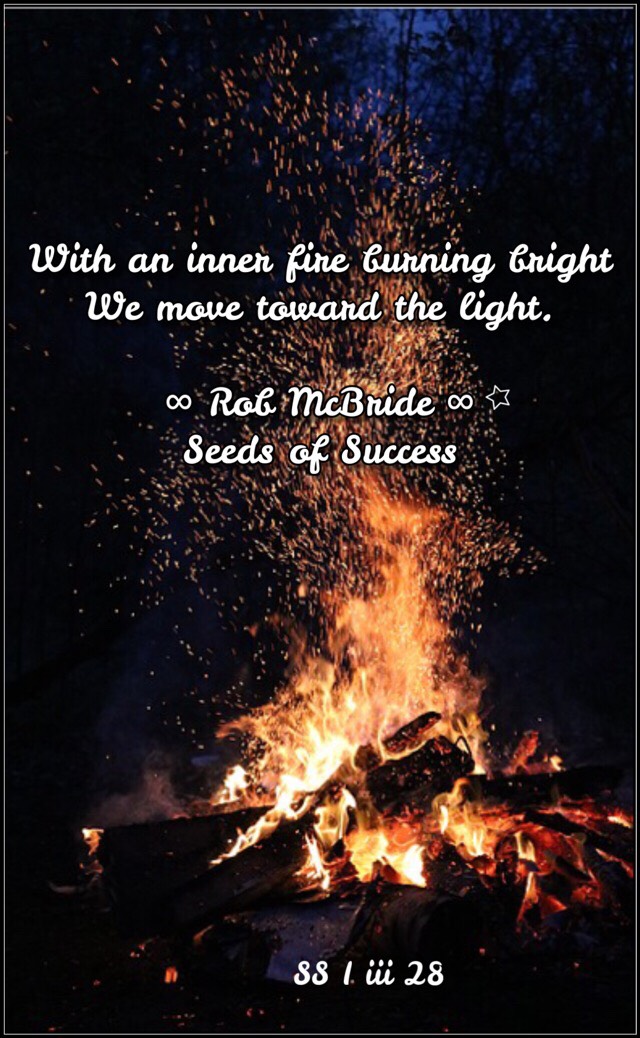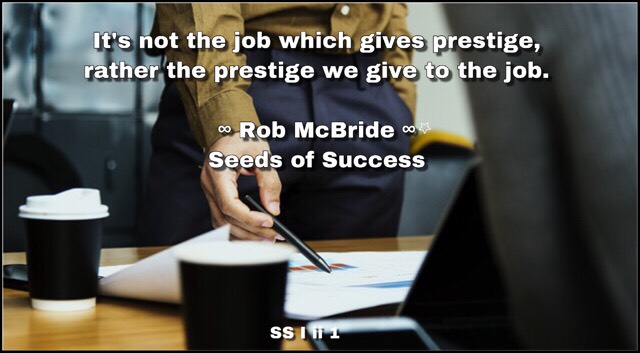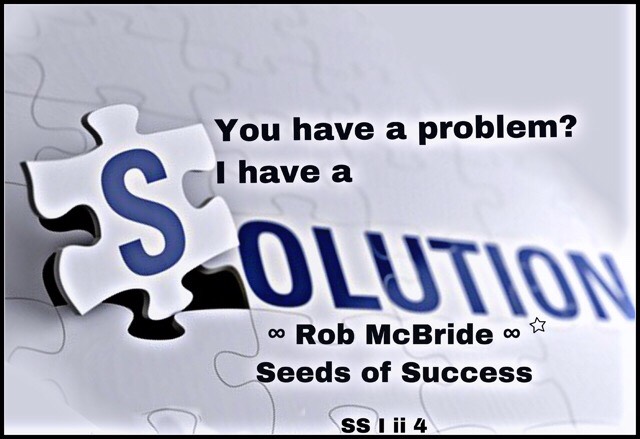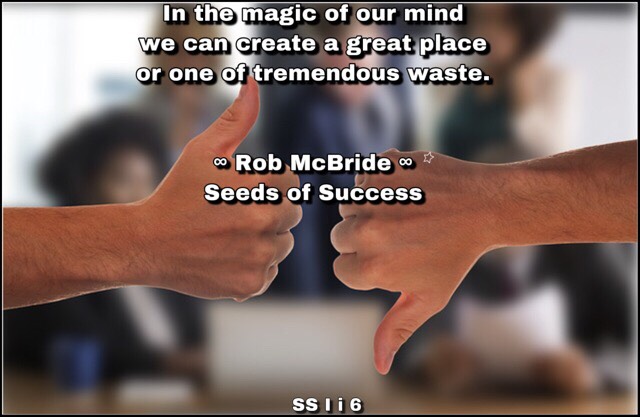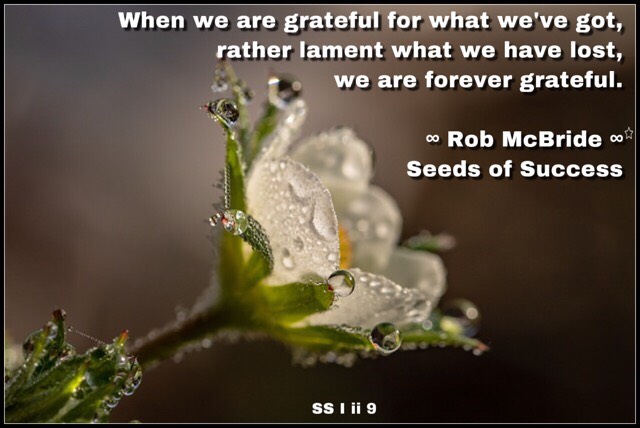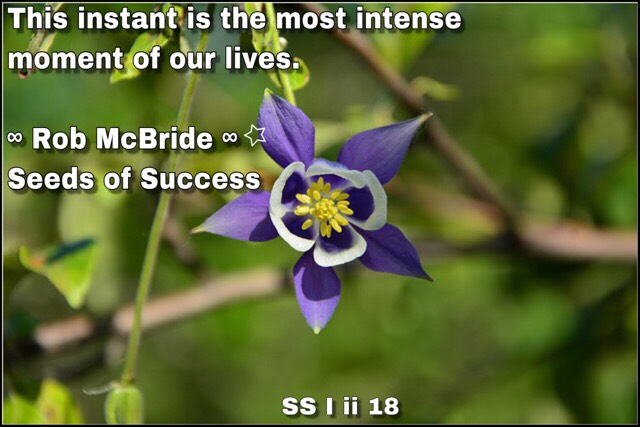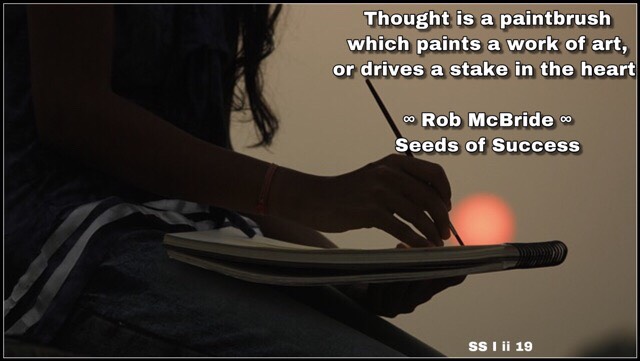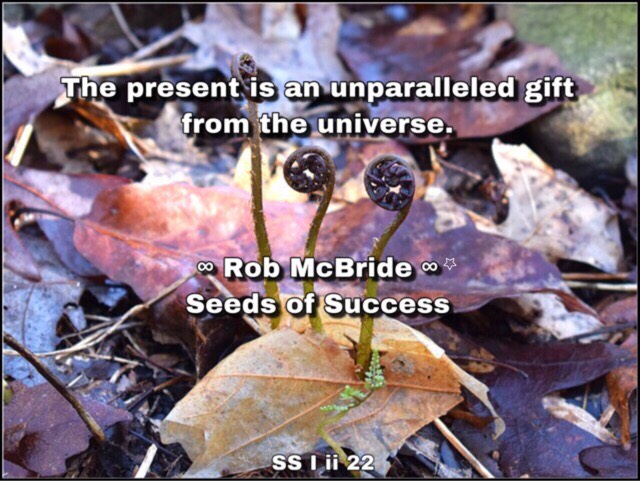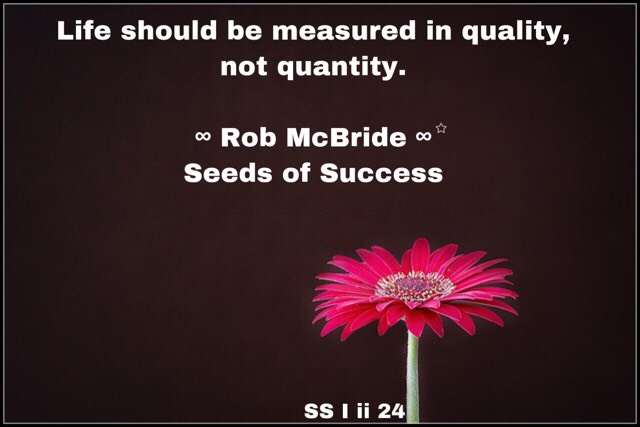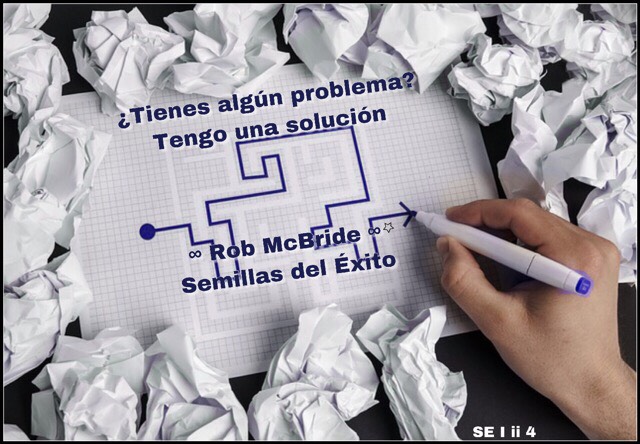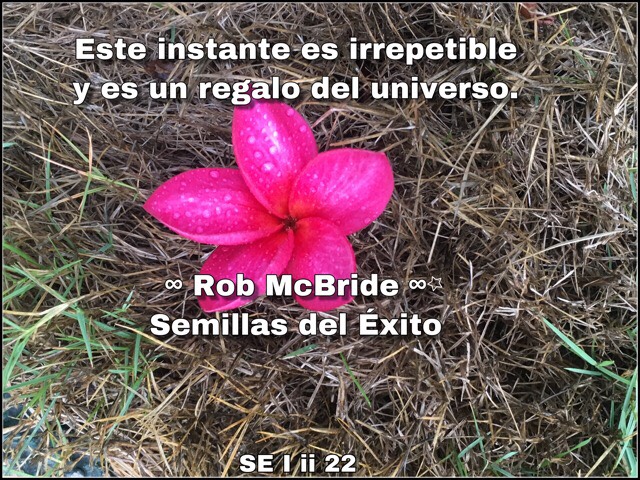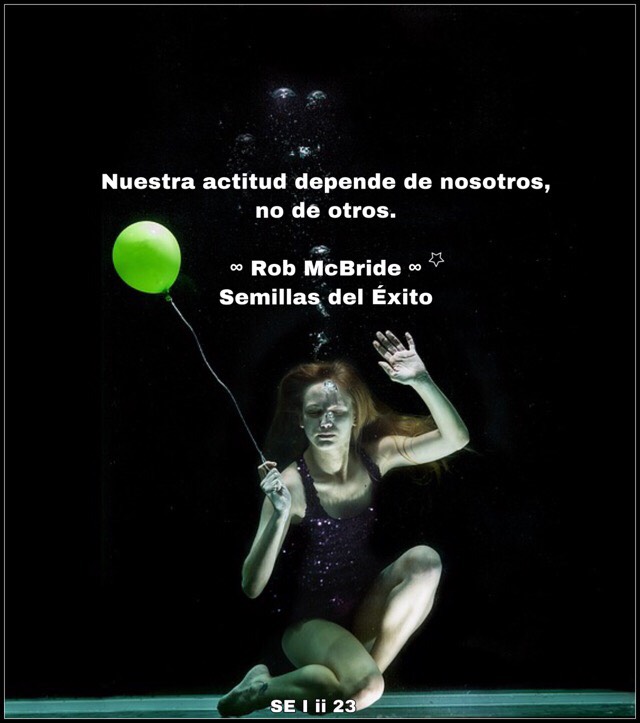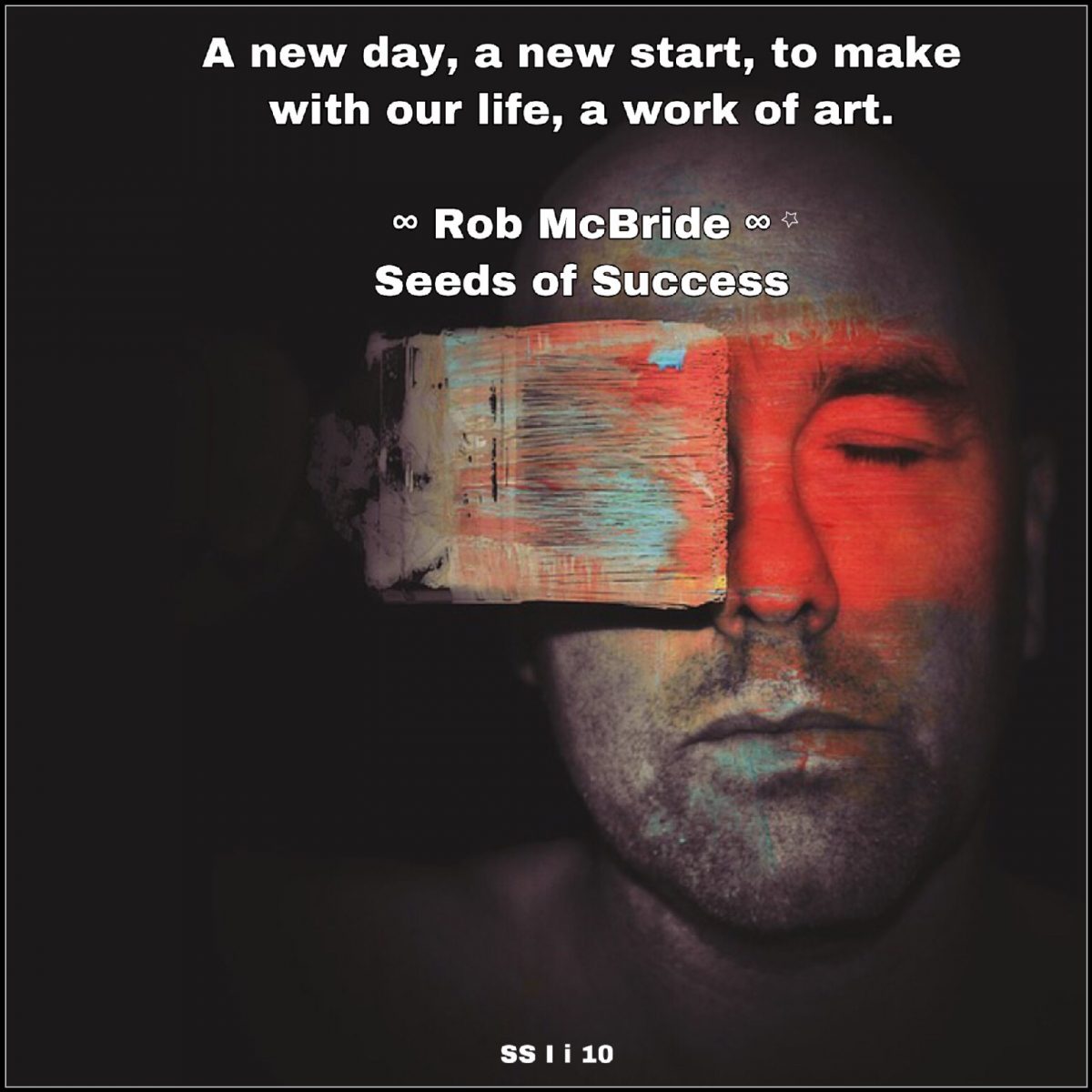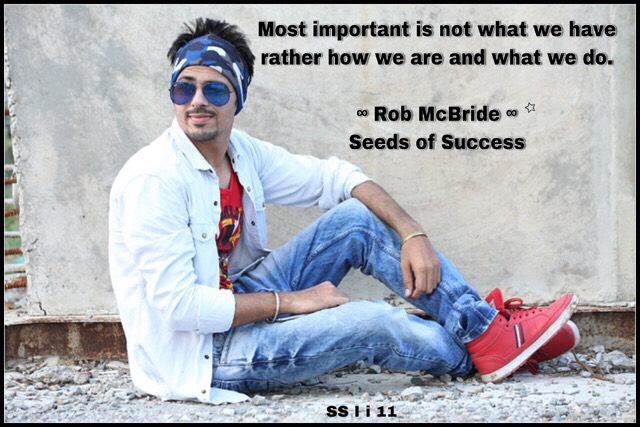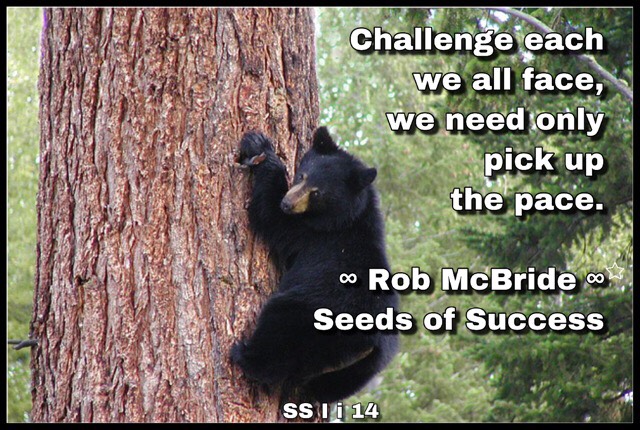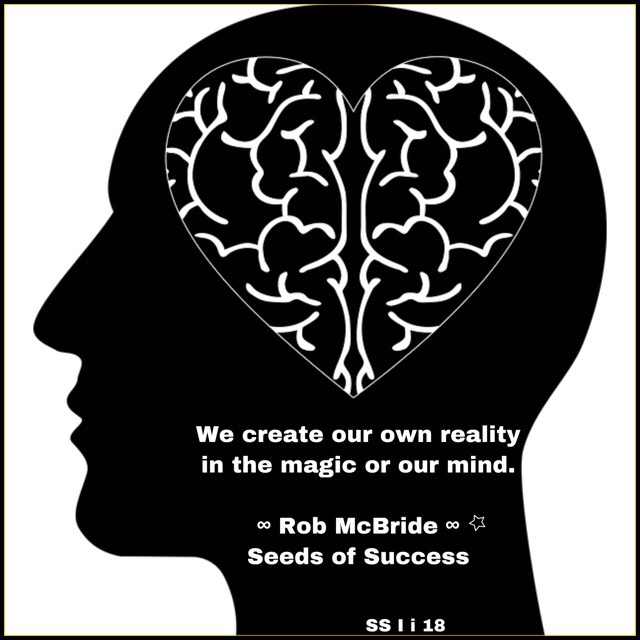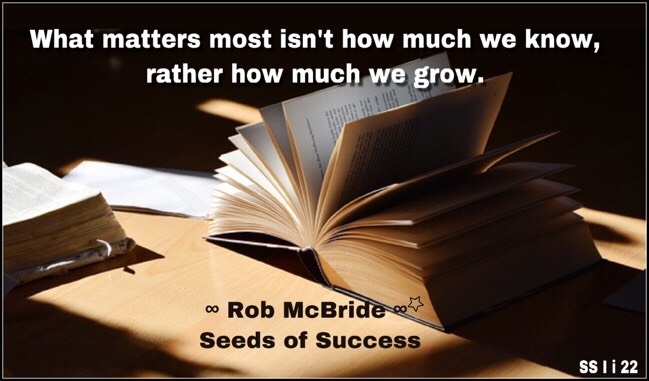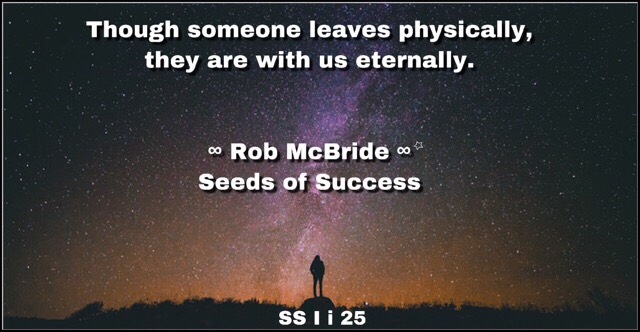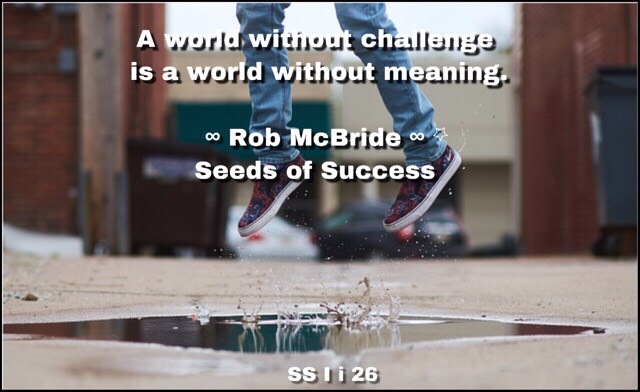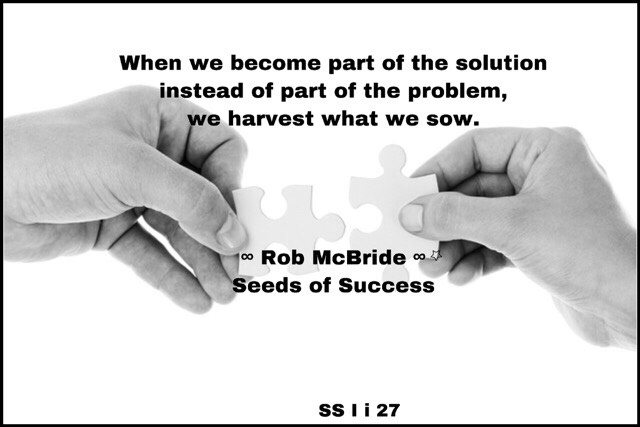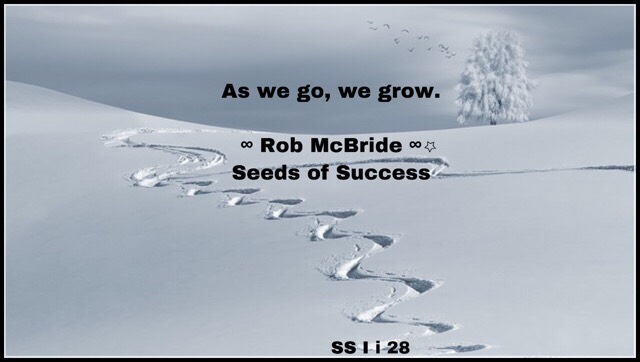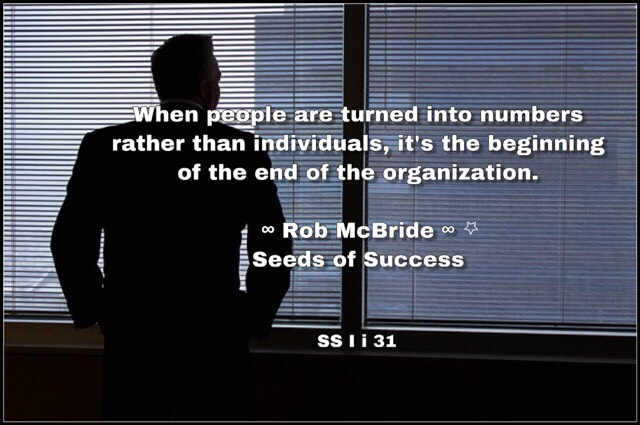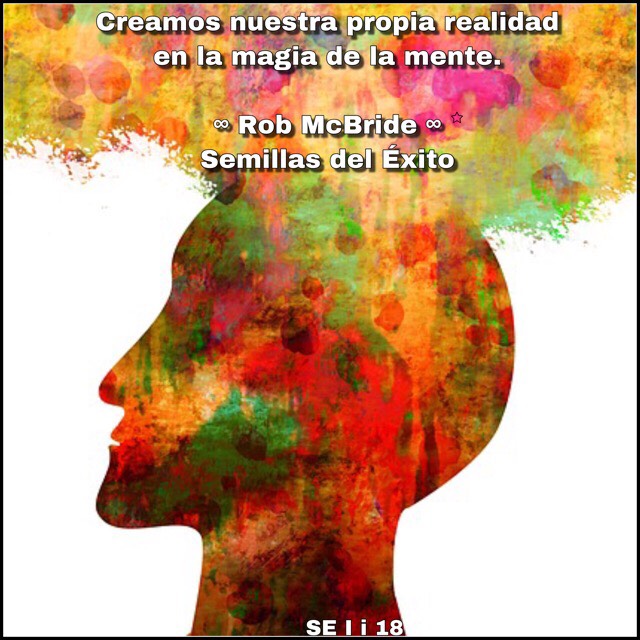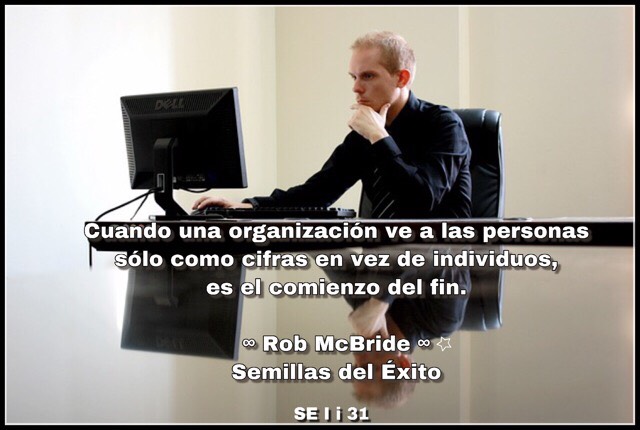Lunar Letter / Etapas
Mientras que hay diferentes maneras de analizar la vida, ésta se puede dividir en tres etapas que la marcan. Mi manera de verlas es la siguiente:
- Nos Prepararnos
- Producimos
- Disfrutamos y Gozamos
La transición de una a otra fase, no suele ser una linea que podamos divisar con toda claridad, aunque puede llegar el caso de que así sea. Cuando nos graduamos de bachillerato y salimos del colegio; cuando egresamos de pre o post grado en la universidad, o cuando terminamos de prepararnos en alguna especialidad u oficio; frecuentemente damos por culminada nuestra etapa de Prepararnos.

Así comienza luego, la etapa Productiva de nuestra vida, donde empezamos a realizar aquello para lo cual nos preparamos, aunque hay casos en que se estudia una cosa y se termina ejerciendo otra. Algunos son doctores y otros bailarines; unos ejercen como abogados y otros como ingenieros; existe una gran cantidad de individuos que son obreros, hay casos con un sueldo fijo, otros con trabajo a destajo; hay personas que barren las calles, y alguien tiene que botar la basura. Por otro lado, deben existir personas que gobiernen, y resguardan la seguridad. Todos hacemos algo en la vida.

En algún momento, quizás sin darnos cuenta, llega la etapa de Disfrutar y Gozar de todo lo que hemos hecho en las primeras dos etapas. Esto necesariamente, no tiene que ver con la jubilación, sino más bien con una nueva perspectiva de ver el trabajo, dándole otra luz. Cuando disfrutamos lo que hacemos más que del dinero que proviene de dicha actividad, damos paso a la tercera etapa de la vida. A este periodo muchos le denominan los Años de Oro, porque pueden ser llenos de mucha riqueza, tanto económica como emocional.
Si seguimos pensando en estas fases, encontramos lo siguiente:
Irónicamente cuando somos más jóvenes, en la etapa de Prepararnos, con frecuencia queremos salir de la escuela al mundo con mucha prisa. Años más tarde, nos damos cuenta que es ese el tiempo de nuestra vida en que solemos ser más libres ya que normalmente no tenemos grandes responsabilidades. Quizás no debemos estar ansiosos por “botar a nuestros hijos de la casa” tan rápido, sino darles herramientas para que se defiendan bien. Tal vez sería mejor asegurarse de que escojan hacer en la vida algo que sea de su agrado y que además tenga la posibilidad de proveerles los recursos que les hagan falta.
Obviamente, algunos hacen exactamente esto y me parece bien, porque en muchos casos, nuestro bienestar podría bien depender de nuestros hijos, aunque no siempre es el caso. Hagamos lo mejor para que estén bien preparados para la vida antes de que se embarquen en la etapa Productiva.
En esta segunda etapa Productiva, hay muchas personas actuando como simples robots para llegar a la fase final. En muchos lugares del mundo esto significa trabajar desde que terminar nuestros estudios, hasta tener 60 o 70 años, y así jubilarnos con la esperanza de quizás recibir dicho ingreso. En otros lugares del mundo se jubilan con más antelación, aunque sus desafíos suelen ser parecidos.
¿Por qué debemos esperar tanto tiempo para pasar a la última etapa de Disfrutar y Gozar lo que hemos hecho en las otras?
Cuando amamos lo que hacemos y eso nos apasiona, ¡podemos comenzar a Disfrutar y Gozar poco después de haber entrado en la segunda etapa!
Claro que es mucho más fácil entrar en esta última fase si ya no poseemos deudas y tantas obligaciones, pero no es imprescindible. Cuando nos levantamos por la mañana y estamos a gusto con lo que nos toca hacer, ya sea saliendo a trabajar o quedándonos en casa, podemos ya estar bien encaminados, acelerando el proceso.

No hace falta permanecer 40 o 50 años en un trabajo sin salida que odiamos, solo para jubilarnos y luego de todo eso, al fin, tener unos “buenos años”. Es preferible, que desde nuestra juventud busquemos hasta encontrar aquella actividad que estaríamos dispuestos a realizar, aun sin paga; y luego encontrar a quien nos pague bien por hacerlo.
La tercera fase de la vida para Disfrutar y Gozar no se trata de jubilarnos y quedarnos inertes viendo la televisión, o meciéndonos en una hamaca sin hacer nada todo el día; sino en levantarnos cada día y dar lo mejor que podamos en la etapa que estemos, sin supeditar esto a una edad determinada. Al final y al acabo, la edad es un simple número, no un estado emocional.
∞ Rob McBride ∞
LL IV 49
Lunar Letter / Phases
While their are many different ways we can analyze life, there seem to be three phases which mark it. I break them down like this:

- We Prepare
- We Produce
- We Enjoy
The transition from one to another is seldom a hard line, though sometimes it is. When we graduate from high school, college, or trade school, we often leave our Preparation phase in the past.
Thus begins the second Productive phase of our life, where we do whatever it is we are going to do, though granted sometimes we prepare for one thing and end up doing another. Some are doctors, others are dancers; some practice law, others are engineers; an even larger quantity are laborers of different types, some with a steady salary, others who live hand to mouth; some are street sweepers, and someone needs to pick up the trash; some need to govern, and others to keep the peace. We all do something in life.

Sometime during or after the second phase, often without realizing it, comes the third phase to Enjoy what we have done in the other two. This does not necessarily have to be retirement. It could be simply looking at work in a different light. When we start enjoying what we do more than the money it provides, we shift into the third phase of our lives. Many call these the Golden Years, because they should be filled with wealth, both financially and emotionally.
If we continue to think about these phases, we find the following:
Ironically as youngsters we often want to get out of the Preparation phase and into the world as soon as possible, though in retrospect these first years of our lives are often among our most carefree and fancy free since we usually have few responsibilities. Maybe we shouldn’t be so anxious to get our children “growed and out of the house,” opting instead to make sure they have the tools they will need to defend themselves well in the world. Maybe it would be best to assure they choose something to do in life that they like, while also giving them the possibility to provide for their needs.
Obviously, many do exactly this, and this is terrific because after all, our well-being may very well depend on our children, though this isn’t always the case. Let’s do our best to make sure they are well prepared for life before moving on the the Productive phase.
In this second phase, it seems many simply go through the motions in order to get to the third stage. In many places around the world, this means working from the time we are out of school until we are 60 or 70, so that we can retire on a hope and a prayer that we might get a pension check. In other parts of the world people retire earlier, but their challenges tend to be similar.

Why wait so long to shift into this last phase where we Enjoy what we did in the others?
When we love what we do and are passionate about it, we can move into the third phase soon after having entered the second!
Sure, it is much easier to enter into this last phase if we are debt-free and have few obligations, but it isn’t absolutely necessary. When we can get up in the morning and do pretty much what we want, whether it being going out into the world to work, or staying home, then we are well on our way to accelerate the process.
It’s not necessary to work 40 or 50 years in a dead-end job we hate, just in order to retire after so much time and hopefully have “few good years.” Instead, we can look to engage ourselves in an activity which we would do even if we weren’t paid for it, and then find somebody who will pay us well to do it.
The third phase to Enjoy what we have done is not about retiring, sitting on our ass, and watching TV or swaying in a hammock all day; rather in getting up each day and doing the best we can in the phase we are in to make each day a great day, without basing this on our chronological age. After all, age is simply a number, not an emotional state.
∞ Rob McBride ∞
LL IV 49
Lunar Letter / The Truth

There is only one truth, and anything varying from it, is simply somebody’s particular interpretation of it. As such, truth is absolute, but our perception often makes it relative.
That is why two people can bear witness to the same event and give different testimony as to what happened. To avoid subjective factors determining the truth in a trial, cameras are now frequently used since with them we can determine in an instant the veracity of the testimony, find out “who dunnit,” and put them behind bars.

Nevertheless, “twisting the truth” is done for many reasons, though mostly for convenience rather than for matters of life or death. We alter, change, or twist the truth to impress someone, perhaps to cover an error, or maybe because we are in dire straits and telling the truth means things will only get worse.
Nevertheless, the truth holds firm, it is unbending.
Being this the case, let’s consider how we are able to manage the truth, as it relates to others, as well as ourselves.
Perhaps even more important than the “truths” others tell us about themselves, are those we tell ourselves.

- How is our daily conversation with ourselves?
- Are we being honest and speaking the truth when we see ourselves in the mirror and evaluate our path in life?
- Are we really doing the best we can do in school, work, and our relationships?
- When we look in the mirror, what are the hard truths we tell ourselves about what we can do better, and what are the lies we tell to soothe our soul?
We all have weaknesses, errors with no expiration date, and blind spots which can cloud everything. Let’s give ourselves the opportunity to believe more in ourselves, telling the truth about the weaknesses we can work on, as well as the strengths we can empower.

When someone tells us they did something, we can take it at face value, realizing it may or not be true. More important than what others tell us about themselves is what we tell ourselves when we take stock of our progress, making sure we give an accurate account of the truth and not a twisted interpretation of it.
∞ Rob McBride ∞
LL IV 48
Lunar Letter / La Verdad
La verdad es una sola y todo lo que varía de ella, es sencillamente una interpretación particular del individuo que la aborda. Por tanto, ella es absoluta, pero la percepción del ser humano frecuentemente la relativiza.

Es por eso que dos personas pueden ser testigos de un mismo evento y al momento de dar testimonio, expresar cosas distintas en cuanto a lo sucedido. Para evitar que hechos subjetivos determinen la verdad en un juicio, hoy en día se hace uso de la información que nos revelan las cámaras para discernir en un instante la veracidad de un testimonio, determinar quien es el culpable y posteriormente ponerlo tras las rejas.
Sin embargo, “torcer la verdad” es algo que solemos hacer más por conveniencia que por un asunto de vida o muerte. Alteramos, cambiamos o torcemos la verdad para impresionar a alguien, quizás para cubrir un error, o tal vez simplemente porque estamos en aprietos y asumir la verdad nos pondría en mayor desventaja.

Aún así, la verdad se mantiene, no cambia.
En función de ello, vamos a considerar cómo somos capaces de manejar la verdad, tanto en nuestra relación con los demás , así como también en lo personal.
Quizás más importante que las “verdades” que otros nos dicen sobre ellos, son aquellas que nos decimos de nosotros mismos.
- ¿Como es la conversación que tenemos con nosotros mismos a diario?
- ¿Somos honestos y hablamos la verdad cuando nos vemos al espejo y evaluamos nuestro trayecto de vida?
- ¿Vamos tan bien como pensamos en el colegio, el trabajo, y en nuestras relaciones personales?
- Mirándonos a nosotros mismos, ¿cuáles son esas verdades difíciles que nos atrevemos a decirnos para sacudirnos y mejorarnos? Y por otro lado, ¿cuáles son las mentiras que nos decimos para auto engañarnos?
Todos tenemos áreas débiles, errores sin fecha de caducidad y puntos ciegos que a veces lo nublan todo. Vamos a darnos la oportunidad de creer más en nosotros mismos, diciéndonos la verdad sobre las flaquezas que debemos mejorar, así como también las fortalezas que podemos potenciar.

Cuando alguien nos diga que hizo algo, podemos tomarlo con calma, entendiendo que puede ser cierto, o no. Más importante de lo que otros nos dicen de ellos, es lo que nos decimos a nosotros mismos cuando revisamos nuestro progreso, dando una apreciación acertada de la verdad, en vez de una interpretación vaga de ella.
∞ Rob McBride ∞
LL IV 48
Seeds of Success / Book I, Volume vi
Semillas del Éxito / Libro I, Volumen vi
Protected: 000
Semillas del Éxito / Libro I, Volumen v
Seeds of Success / Book I, Volume v
Lunar Letter / Eres Increíble
Me dí cuenta de algo el otro día…
¡Tú eres increíble!
Entre los millones de personas que habitan el mundo, no existe alguien exactamente como tú. No hay nadie que camine, hable o actúe tal como tú lo haces. Los pensamientos que tienes, y lo que haces con ellos, son maravillosamente únicos a ti.

¿Y lo mejor sabes que es?
¡Eres increíble, así mismo como eres!
Aun con tus errores y defectos, tienes muchos a tu favor. A veces te caes, otras fracasas, pero a pesar de todo, aquí estás para contarlo todo, y eso es de gran valor. Otros no han sido tan afortunados y son muchos los que se han quedado en el camino. Mientras tanto, tu sigues a diario dando tu mejor esfuerzo.
Desde el comienzo fuiste el más veloz. A pesar de la gran competencia que había con todos los que se peleaban por el primer lugar, el espermatozoide que te portaba llegó a donde los otros no llegaron. Cuando los demás abandonaron la misión, cansados del viaje, seguiste en la pelea, dando el todo por el todo. Luego al llegar a la meta, hiciste que el huevo fuera tuyo y lo fecundaste, así comenzó el proceso mágico de tu concepción.

Después de nacer, comenzaste a observar lo que te rodeaba, a escuchar los sonidos del entorno y a tocar todo lo que podías. Así iniciaste la formación de tu propia percepción del mundo y el ambiente. Escuchaste lo que decía la gente y con tus propias experiencias ahora concibes tu propio juicio acerca de lo que es bueno y malo.
En tu primer día de escuela, quizás estabas inseguro o aterrado, pero en lo sucesivo fuiste aprendiendo como era el asunto. El atreverte a conocer a otros niños te permitió formar amistades y desarrollar tus intereses. Probablemente había dificultades con alguno que otro compañero, y quizás la presión de aprender tantas cosas te abrumaba. Sin embargo, salía el sol al día siguiente, sacudías las telarañas de la mente y seguías en tu camino.
Una etapa tras otra y muchas experiencias después, y ya estás en tu presente. Puede que estés feliz o triste, pero cualquiera que sea el estado emocional, tu eres increíble. El mero hecho que puedes leer estas palabras significa que has logrado permanecer, que estás vivo, y eso te permite estar aquí conmigo, ahora. Piensa en lo siguiente: Tu corazón ha seguido latiendo y tus pulmones han seguido respirando. Tu cuerpo ha seguido funcionando desde que naciste, a pesar del maltrato que le has dado, y eso es un gran logro.
No hay otro en el mundo exactamente como tú y esto significa que eres magnífico. Todos tomamos un camino. Tu trayecto quizás no haya sido el mejor y tal vez existan algunas cosas que hubieses hecho diferente, pero a pesar de todo eso, aquí estás para contar tu historia.

Nuestras emociones nos pueden desviar en algún momento de lo que es realmente importante en la vida y sobre todo del valor que nosotros mismos tenemos. No obstante como te sientes en este instante, puedo asegurarte algo…
¡Tú eres increíble!
∞ Rob McBride ∞
LL IV 47
Lunar Letter / You are Incredible
I realized something the other day…
You are incredible!
Of the billions of people who roam around the Earth, never has there been anybody who is exactly like you. Nobody walks, talks or acts just the way you do. The thoughts you have, and what you do with them, are marvelously unique to you.

And you know what the best part is?
You are truly incredible, just the way you are!
Even with your errors and all of your faults, you’ve got quite a lot going for you. Sometimes you fall, sometimes you fail, but despite it all, you are still here to talk about it, and that’s quite an achievement. Others have not been so fortunate and many have quit along the way, while you’ve kept plugging.
From the very start, you were the fastest. You may not have had the best start, and you may have even started way back in the pack, but your sperm made its way past the rest. When the others tuckered out, tired from the journey, you kept on chugging, giving it your all. Then after reaching your goal, you made that egg yours, fertilizing it and beginning the magical process of your conception.

Then, after you were born, you began to look about you, taking in all the sights, sounds, and things you could possibly touch. You began to form your very own perception of the world and your surroundings. You listened to what people said and together with your experiences now have your own opinion about what is right and wrong.

When you went to school, maybe you were unsure of yourself or perhaps even scared, but you got through. Little by little you began to learn the ropes, form your friendships and develop your interests. Likely there were difficulties with some of the other kids, and at times the pressure of learning so much information might have seemed to be too much. Yet the sun came up the next day, you shook off the cobwebs and continued on your way.
One stage after another and many experiences later, here you are today. You may be happy or you may be sad, but regardless of your emotional state, you are incredible. The mere fact you can now read these words means you’ve made it through quite a lot of difficulty just to be here with me now. Think about it. Your heart has continued to beat and your lungs have continued to breathe throughout it all. Your body has continued to work since you were born, despite the abuse you give it, and that’s quite an accomplishment.
There is only one you in this world and that’s pretty amazing. While others go about their daily deeds, so do you. Your path may not have always been the best one, and there may be somethings you would do different, but despite it all, you continue to be here to tell your history.

Emotions can sidetrack us from time to time from what is really important in life and above all from how we value ourselves. Regardless of how you feel in this instant, I can guarantee you one thing…
You are incredible!
∞ Rob McBride ∞
LL IV 47
Lunar Letter / Uncertainty
One certainty in life is that there will be uncertainty.

When we are growing up, we are unsure how we might fit into society. When we are going to school, we are uncertain whether we will be able to graduate. When we are working, we are often unsure how long we will have a job. When we are married, we can wonder if we chose the right person. In Venezuela, where I live, we often wonder whether we will have electricity and water from one moment to the next. In short, uncertainty is our constant companion.
With uncertainty generally one of two things can happen. It can freeze us into inaction, or drive us into action. While circumstances are different, as are their degree of uncertainty, one thing is common in all:
We can overcome uncertainty with action.
Regardless of the situation, or degree of doubt, we can mobilize our inner creativity to determine what kind of action we can take. For example:
If we are unsure of ourselves, we can take measures to gain confidence, by enrolling in martial arts, self-improvement programs, and/or by realizing we are as amazing as any other individual on earth, until we are confident in our abilities.

If we are unsure whether or not we will be able to graduate from school, we can pay better attention in class, develop a sincere interest in what we are studying, and prepare sufficiently for exams. When we do our probabilities of passing and graduating become much greater.
If we are unsure about our job situation, we can strive to learn as much as we can about what we do. That way if there is some problem with our current company, we can transition more easily into a new position, or perhaps start our own venture.
If we are uncertain whether we have married the right person, we can talk to that person, expressing our true feelings and seeking to understand theirs. Not everybody is meant to be with someone “till death do them part.” In some cases it is possible to resolve our issues, in others, the best decision is to make a drastic change.

With uncertainties beyond our control, such as the case with electricity and water service, dealing with them isn’t always so easy since in some cases it can be a matter of life and death. Nevertheless, when basic services fail, leaving us dry and dark; we can focus on those things we can do while services are limited, rather than lamenting those things we cannot do.
Uncertainty can sap our energy and weaken our will. Instead of falling into its vicious trap, which leads us no where, we can ask ourselves one simple question:
What can I do to better understand this doubt?

When we are proactive, taking action to know more about what bothers us, we can gain a wider perspective and better results, than if we simply wait around for something to happen without doing anything. Treat yourself to a few minutes, or perhaps even several hours to contemplate your next move whenever you are next faced with uncertainty. Then with calm, cool, collected confidence, take action to dominate it.
∞ Rob McBride ∞
LL IV 46
Lunar Letter / La Incertidumbre
Si hay una certeza en la vida es que tendremos incertidumbre.

Cuando crecemos, no estamos seguros si conseguiremos encajar en la sociedad. Cuando estudiamos, es incierto si lograremos culminar y graduarnos. Cuando trabajamos, es frecuente preguntarnos hasta cuando estaremos en ese puesto. Cuando estamos casados, podemos dudar si estamos con la persona correcta o no. En Venezuela, donde vivo, nos preguntamos si tendremos luz y agua de un momento a otro. En pocas palabras, la incertidumbre es una fiel compañera en cada una de nuestras etapas.
Generalmente la incertidumbre, trae dos resultados: el primero es que nos puede congelar hasta mantenernos inmóviles y el segundo es que nos impulse hacia la acción. Mientras que todas las circunstancias son diferentes, así como también su grado de incertidumbre, hay algo que todos tienen en común:
La incertidumbre se supera tomando acción.

Indiferente de la situación, o grado de la duda, podemos movilizar nuestra creatividad interna para determinar qué tipo de acción podemos tomar, por ejemplo:
Si la incertidumbre tiene que ver con nosotros mismos y nuestra falta seguridad, quizás podemos tomar algún curso de artes marciales, auto-ayuda, o simplemente darnos cuenta de lo increíble que somos; y es muy probable que la inseguridad merme hasta que pueda ser manejada.
Si es por el lado escolar donde se manifiesta la incertidumbre al no estar seguros si conseguiremos graduarnos o no, podemos prestar más atención en las clases, desarrollar un interés sincero en los temas que estudiamos y al estar preparados para los exámenes, la probabilidad de aprobar y culminar la carrera, aumentará.
Si donde se presenta la inestabilidad es en nuestro trabajo, podemos prepararnos cada vez más en lo que hacemos y en caso de que ocurra algo con la compañía en la cual estamos, podemos ir a otra sin problema, o tal vez comenzar algo propio.

Si la duda corresponde a nuestra pareja, con respecto a si estamos o no con la persona correcta, tenemos la posibilidad de hablar con ella; expresar lo que sentimos y llegar entender lo que también está sintiendo. No todos estamos destinados a estar juntos “hasta que la muerte nos separe.” En algunos casos es posible resolver nuestras diferencias, en otros un cambio drástico es le mejor decisión.
Con incertidumbres que van más allá de nuestro área de influencia, como es el caso de la falla en los servicios básicos como la luz y el agua, manejarlos no siempre es tan fácil, particularmente porque en algunos casos es una cuestión de vida y muerte. Sin embargo, cuando esto ocurra y nos quedemos secos o en la oscuridad; podemos enfocarnos en aquellas cosas que sí podemos hacer a pesar de lo límites, en vez de lamentarnos por todo lo que no podemos hacer.
La incertidumbre es agotadora; ya que debilita nuestra energía y nuestras ganas. En vez de caer en su trampa, que nos lleva a nada, podemos plantearnos la siguiente pregunta:
¿Qué puedo hacer para entender mejor esa duda?

Podemos ser proactivos, informándonos más sobre eso que nos preocupa, en consecuencia, nuestra perspectiva se ensancha y obtenemos mejores resultados, que si nos hubiéramos quedado esperando que algo pasara sin hacer nada. Regálate unos minutos, o quizás hasta algunas horas para contemplar tu próximo paso cuando estás cara a cara con la incertidumbre. Luego, con mucha confianza toma acción para dominarla.
∞ Rob McBride ∞
LL IV 46
Seeds of Success / Book I, Volume iv
Semillas del Éxito / Libro I, Volumen iv
Lunar Letter / Explicaciones y Justificaciones
¿Cuánta explicación y continuas justificaciones damos a los demás?
Quizás sea algo social, y además es importante que tomemos responsabilidad por cada una de nuestras acciones, pero ¿frente a quién y cuándo debemos justificarnos?

Si nos encontramos explicando cada una de nuestras decisiones y justificando de manera repetitiva nuestras acciones a las demás personas, es muy probable que nosotros mismos no estemos muy convencidos de lo que estamos haciendo.
¿Has hecho tu mejor esfuerzo hasta ahora?

Si la respuesta es afirmativa, ¡felicitaciones! Esto quiere decir que todo lo que había en tu mano por hacer lo has implementado hasta ahora. En caso contrario, no te auto-flageles, la gran noticia es que hoy es un nuevo día, y un buen momento para comenzar a hacerlo.
La verdad es que todos vamos a equivocarnos en algún momento. Hasta ahora no ha nacido nadie que esté libre de errores en todos los sentidos; aunque si lo pensamos mejor, puede que todos seamos “perfectos”, así mismo, como somos. Tomando esto en cuenta, podemos ir analizando nuestras acciones, disfrutando tanto nuestros éxitos como nuestras derrotas; ya que uno trae satisfacción y la otra aprendizaje.
En vez de explicar y justificar recurrentemente nuestras acciones a los demás, podemos extraer el aprendizaje de todo lo que ocurre en el camino, amándonos y aceptándonos a nosotros mismos tal cual somos, aún con todos nuestros defectos, los cuales pueden ser corregidos si lo deseamos; no para agradar a alguien más, sino para nuestro propio bien.
El tiempo es testigo de que las mejores relaciones personales son las que se desarrollan en medio de un amor tan grande, que cada uno acepta al otro como es. Eso les ayuda además, a que sean perdurables a pesar de las presiones que seguramente las pondrán a prueba.
¿Qué tal si aceptemos a los demás con sus defectos, particularidades y manías?

¿No sería maravilloso si los demás nos aceptaran de la misma manera también?
Nos hemos convertido en una sociedad donde para ser aceptados, sentimos que tenemos que comportarnos de cierta manera, bajo un código preestablecido. Las normas son inculcadas en nosotros desde pequeños. Nos dicen, “Párate derecho, saluda a la gente, y pórtate bien.”
La realidad es que no todo el mundo se para derecho, hay momentos cuando no queremos saludar a la gente y portarse mal también puede tener su encanto en ciertas ocasiones. Seamos fieles a nosotros mismos, de acuerdo los principios que pensamos sean ciertos, abiertos a la idea que no tengamos todas las respuestas y que también estaremos equivocados en algunos momentos, y eso es permitido.
No siempre será posible complacer a los demás, pero estar en armonía con nosotros mismos es el paso más importante para que estemos en equilibrio con el mundo. Al estar convencidos que estamos haciendo lo correcto, evitamos el desgaste de justificarnos ante otros para obtener su aprobación. Con el tiempo esto se transforma en paz interior, creando armonía en las relaciones con los demás, permitiendo que fluyamos con la vida.
∞ Rob McBride ∞
LL IV 45
Lunar Letter / Explanations and Justifications
How many times do we find ourselves explaining and justifying ourselves to others?

Perhaps it is simply a social norm, and it is important for us to take responsibility for actions, but before whom and when should we justify ourselves?
If we find ourselves explaining our decisions and justifying our actions to others, there’s a good chance that we are the ones who believe something is wrong.
Have you given your best effort so far?
If this is the case, then congratulations! That means you have done all in your power so far, to do what you want to do. If not, then don’t beat yourself up, because the good news is that today is a new day, and ripe to begin to do so.

The truth is that we are all going to make mistakes from time to time. So far no one has been born who is “perfect” in every sense; though if we really think about it, maybe we are all perfect, just as we are. Taking this into account, we can analyze our actions, enjoying both our successes and our defeats; since one brings satisfaction and the other learning.
Instead of explaining and continually justifying our actions to others, we can learn from all that happens on our journey, loving and accepting ourselves, as we are, with all our defects, which can be corrected if we wish; not to please others, but rather for our own good.
Time proves that the best relationships develop where the love for one another is so great, each accepts the other as they are. This link keeps it strong when inevitable tests challenge its integrity.
What about accepting others with their defects, particularities, and bad habits?
Wouldn’t it be marvelous if the others accepted us this way?

We have become a society where to be accepted we believe we must behave in a certain way, by a established code. The norms are drilled into us since we are small. We are told to: “Stand up straight, say hello to others, and behave.”
The reality is that not everyone stands up straight, there are times when we don’t want to say hello to others, and being bad can strangely enough sometimes feel good. Let’s be faithful to ourselves, according to our principles and what we believe to be true, open to the idea that we don’t have all the answers and that sometimes we are likely to be wrong, and that’s okay.
It won’t always be possible to please others, but being in harmony with ourselves is the best way to be right with the world. When we believe we are doing the right thing, we avoid the wear and tear of feeling the need to justify ourselves before others. This ultimately transforms into inner peace, creating harmony with others, which allows to simply flow as life goes.
∞ Rob McBride ∞
LL IV 45
Semillas del Éxito / Libro I, Volumen iii
Seeds of Success / Book I, Volume iii
DEMOCRACY IN AMERICA by Alexis de Tocqueville
Democracy in America (Volume One)
by Alexis de Tocqueville (1805 ~ 1859)
Translated by: George Lawrence
In 1831, Alexis de Tocqueville and Gustave de Beaumont, two Frenchman, traveled to the United States on a government project to study the penal system. The visit also resulted in one of the most comprehensive early accounts of the United States with regards to the nature and character of democracy. The work was published in two parts, the first was primarily concerned with the political structure (1835), and the second, which concerned itself with the effects of democracy on the society in general.
Following are the parts of the book I found most interesting. Bold highlights and items within parenthesis are mine (rhm):
Table of Contents
Physical Configuration of North America
Concerning Their Point of Departure and Its Importance for the Future of the Anglo-Americans
Social State of the Anglo-Americans
The Need to Study What Happens in the States Before Discussing the Government of the Union
Judicial Power in the United States and Its Effect on Political Society
Why It Can Be Said That the People Govern in the United States
Freedom of the Press in the United States
The Three Races That Inhabit the United States
Influence of Democracy on Intellectual Movements
Literary Characteristics of Democratic Centuries
Modifications of the English Language
Influence of Democracy on the Sentiments of Americans
On the Use Which the Americans Make of Associations in Civil Life
How the Americans Apply the Doctrine of Self-Interest Properly Understood to Religion
The Taste for Physical Comfort in America
Particular Effects of the Love of Physical Pleasures in Democratic Times
Why Some Americans Display Enthusiastic Forms of Spirituality
Why the Americans Are Often So Restless in the Midst of Their Prosperity
Why in Ages of Equality and Skepticism It Is Important to Set Distant Goals for Human Endeavor
Why American Consider All Honest Callings Honorable
What Gives Almost All Americans a Preference for Industrial Callings
How an Aristocracy May Be Created by Industry
How Mores Become More Gentle as Social Conditions Become More Equal
How Democracy Leads to Ease and Simplicity in the Ordinary Relations Between Americans
Why the Americans Are so Hard to Offend in Their Own Country and So Easily Offended in Ours
Consequences Deriving from the Three Preceding Chapters
How Democracy Modifies the Relations Between Master and Servant
How Democratic Institutions and Mores Tend to Raise the Rents and Shorten the Terms of Leases
Influence of Democracy on Wages
Influence of Democracy on the Family
Education of Girls in the United States
How Equality Helps to Maintain Good Morals in America
How the American Views the Equality of the Sexes
How Equality Naturally Divides the Americans into a Multitude of Small Private Circles
Some Reflections on American Manners
On the Gravity of the Americans and Why It Often Does Not Prevent Their Doing Ill-Considered Things
Why American National Pride Has a More Restless and Quarrelsome Character Than That of the English
How the Aspect of Society in the United States Is at Once Agitated and Monotonous
Concerning Honor in the United States and Democratic Societies
Why There Are So Many Men of Ambition in the United States but So Few Lofty Ambitions
Concerning Place-Hunting in Some Democratic Countries
Why Great Revolutions Will Become Rare
Why Democratic Peoples Naturally Want Peace but Democratic Armies War
Which is the Most Warlike and Revolutionary Class in Democratic Armies
Of Discipline in Democratic Armies
Some Considerations Concerning War in Democratic Societies.
On the Influence of Democratic Ideas and Feelings On Political Society
General Tendencies in Democracies
Author’s Introduction
(Aristocracy)… the political power of the clergy began to take shape and soon to extend. The ranks of the clergy were open to all, poor or rich, commoner or noble; through the church, equality began to insinuate itself into the heart of government, and a man who would have vegetated as a serf in eternal servitude could, as a priest, take his place among the nobles and often take precedence over kings.
(Aristocracy) As soon as citizens began to hold land otherwise than by feudal tenure, and the newly discovered possibilities of person property could also lead to influence and power, every invention in the arts and every improvement in trade and industry created fresh elements tending toward the equality of men… The taste for luxury, the love of war, the dominion of fashion, all the most superficial and profound passions of the human heart, seemed to work together to impoverish the rich and enrich the poor.
(Aristocracy) Society is tranquil, but the reason for that is not that it knows its strength and its good fortune, but rather it thinks itself weak and feeble; it fears that a single effort may cost its life; each man feels what is wrong, but none has the courage or energy needed to seek something better; men have desires, regrets, sorrows, and joys which produce no visible or durable result, like old men’s passions ending in impotence.
Physical Configuration of North America
… death in some way helped life forward, as face to face they seemed to wish to mingle and confuse their functions.
(Aristocracy) Where there are such rich and powerful
men, the poor and weak feel themselves weighed down by their
inferiority; seeing no prospect of regaining equality, they quite
give up hope for themselves and allow themselves to fall below the
proper dignity of mankind.
(Democracy) But their is no such
vexatious contrast in savage life; the Indians, all poor and all
ignorant, are also all equal and free.
The Indian knew how to live without wants, to suffer without complaint, and to die singing. In common, too, with all other members of the great human family, these savages believed in the existence of a better world, and under different names worshiped God, Creator of the universe. Their conceptions of the great intellectual truths were in general simple and philosophical.
It is a strange thing that peoples should have so completely vanished from the earth, that even the memory of their name is lost; their languages are forgotten and their glory has vanished like a sound without an echo; but I doubt that there is any which has not left some tomb as a memorial of its passage. So, of all man’s work, the most durable is that which best records his nothingness and his misery.
Concerning Their Point of Departure and Its Importance for the Future of the Anglo-Americans
Immigrants to New England brought with them wonderful elements of order and morality.
No necessity forced them to leave their country… they tore themselves away from home comforts in obedience to a purely intellectual craving; in facing the inevitable suffering of exile they hoped for the triumph of an idea.
(Religious Freedom) The Puritans sought a land so barbarous and neglected by the world that there at last they might be able to live in their own way and pray to God in freedom
(Aristocracy) The English government watched untroubled the departure of so many emigrants, glad to see the seeds of discord and of fresh revolutions dispersed afar. Indeed it did everything to encourage it and seemed to have no anxiety about the fate of those who sought refuge from its harsh laws on American soil. It seemed to consider New England as a land given over to the fantasy of dreamers, where innovators should be allowed to try out experiments in freedom.
In America one may say that the local community was organized before the county, the county before the state, and the state before the Union… In New England, local communities had taken complete and definite shape as early as 1650.
(English Law Influences Anglo-American Law) The civil and criminal procedure of the Americans relies on two modes of action only, committal or bail. The first step in any lawsuit is to get bail from the defendant or, if he refuses that, to put him in prison; only after that is the validity of the title or charge discussed. Clearly such a procedure is hard on the poor and favors the rich only.
A poor man cannot always raise bail even in a civil
case, and if he has to wait in prison for the hearing of the matter,
his enforced idleness soon reduces him to destitution.
But, if it
is a civil suit, the rich man never has to go to prison, and, more
important, if he has committed a crime, he can easily escape the
proper punishment, for having given bail, he disappears. So as
far as he is concerned, the law actually imposes no penalty worse
than a fine. What could be more aristocratic than such
legislation?
The surface of American society is covered with a layer of democratic paint, but from time to time one can see the old aristocratic colors breaking through.
Social State of the Anglo-Americans
It was the law of inheritance which caused the final advance of equality.
Owing to the law of inheritance, the death of each owner causes a revolution in property; not only do possessions change hands, but their very nature is altered, as they are continually broken up into smaller fractions.
(Democracy) The rule of equal shares does not affect only the fate of property; it also affects the very soul of the landowner, and brings his passions into play
(Aristocracy) In nations where the law of inheritance is based on primogeniture, landed estates generally pass undivided from one generation to another.
Once divided, great landed estates do not come together again…
It is in the West that one can see democracy in its most extreme form.
In America most rich men began by being poor…
A middling standard has been established in America for all human knowledge. All minds come near to it, some by raising and some by lowering their standards.
As a result one finds a vast multitude of people with roughly the same ideas about religion, history, science, political economy, legislation, and government.
(Freedom) There is indeed a manly and legitimate passion for equality which rouses in all men a desire to be strong and respected. This passion tends to elevate the little man to the rank of the great. But the human heart also nourishes a debased taste for equality which leads the weak to want to drag the strong down to their level and which induces men to prefer equality in servitude to inequality in freedom. It is not that peoples with a democratic social state naturally scorn freedom; on the contrary, they have an instinctive taste for it. But freedom is not the chief and continual object of their desires; it is equality for which they feel an eternal love…
Circumstances, origin, education, and above all mores allowed them to establish and maintain the sovereignty of the people.
The Need to Study What Happens in the States Before Discussing the Government of the Union
The great political principles which now rule American society were born and grew up in the state…
The township is the first in order, then the county, and last the state.
In all matters concerning the duties of citizens toward each other he is subordinate. Inall matters that concern himself alone he remains the master; he is free and owes an account of his actions to God alone.
Whereas with us (France) the central government lends its agents to the commune, in America the township lends its agents to the government.
The New England township combines two advantages which, wherever they are found, keenly excite men’s interest; they are independence and power.
…in general, men’s affections are drawn only in directions where power exists.
…if you take power and independence from a municipality, you may have docile subjects but you will not have citizens.
The American system, which distributes local power among so many citizens, is also not afraid to multiply municipal duties. Americans rightly think that patriotism is a sort of religion strengthened by practical service.
…strictly speaking, the county has no real political existence.
In most American constitutions one notices a tendency to divide up executive power but to concentrate legislative power.
…generally it is the townships and their officers who, aided by the justices of the peace, and having regard to local need, look after the details of social existence and promulgate the regulations necessary for public health, good order, and morality of the citizens.
Peoples who make use of elections to fill the secondary grades in their government are bound greatly to rely on judicial punishments as a weapon of administration.
To divide the legislative power and thus to slow down the movement of the political assemblies and create an appeal tribunal for the revision of laws were the only advantages resulting from the actual Constitution of the United States with its two chambers.
Judicial Power in the United States and Its Effect on Political Society
The Americans have preserved these three distinctive characteristics of judicial power. An American judge can pronounce a decision only when there is litigation. He never concerns himself with anything except a particular case, and to act he must have cognizance of the matter.
America have given their judges the right to base their decisions on the Constitution rather than on the laws. In other words, they allow them not to apply laws which they consider unconstitutional.
The American Constitution is not considered immutable, as in France; it cannot be changed by the ordinary authorities of society as in England. It is a thing apart; it represents the will of the whole people and bids the legislators as well as plain citizens, but it can be changed by the will of the people…
In America the Constitution rules both legislators and simple citizens. It is therefore the primary law and cannot be modified by a law. Hence it is right that the courts should obey the Constitution rather than the laws.
If anyone invokes in an American court a law which the judge considers contrary to the Constitution, he can refuse to apply it.
As soon as a judge refuses to apply a law in a case, it loses at once part of its moral force… Then one of two things happens: either the people change the Constitution or the legislature repeals the law.
By making justice both more sure and milder, it has also been made more effective.
The Federal Constitution
… a minority of the nation dominating the Senate could completely paralyze the will of the majority represented in the other house (Congress).
The object of the federal Constitution was not to destroy the existence of the states but only to restrain them.
The Senate: The House of Representatives has only legislative functions; its share in judicial power is the right to impeach public officials. The Senate shares in making the laws; it judges the political offenders brought before it by the House of Representatives; it is also the great executive council of the nation. Treaties concluded by the President must be ratified by the Senate; his appointments are not final till they have been approved by that body.
The President is always able to overcome any resistance he can put up; but the suspensive veto at least forces it to go over the ground again; the matter reconsidered, and this time it requires a two-thirds majority to carry it.
In France the king forms a real part of sovereignty, for the laws cannot exist if he refuses to sanction them and he is also the executor of the laws.
The President is also the executor of the laws, but he has no real part in making them, for by refusing his assent he cannot prevent them existing.
The king of France is on an equal footing with the legislature, which cannot act without him, nor can he without it.
Beside the legislature, the President is an inferior and dependent power.
One loves or fears only that which exists a long time.
The President of the United States is answerable for his acts. French law states that the person of the king is inviolable.
So France and the United States, in spite of their different constitutions, have this point in common, that, in practice, public opinion is the dominant power.
(The Social Effect of Elections) As the election draws near, intrigues grow more active and the agitation is more lively and wider spread. The citizens divide up into several camps, each of which takes its name from its candidate. The whole nation gets into a feverish state, the election is the daily them of comment in the newspapers and private conversation, the object of every action and the subject of every thought, and the sole interest for the moment.
It is true that as soon as the fortune has pronounced, the ardor is dissipated, everything calms down, and the river which momentarily overflowed its banks falls back to its bed. But was in not astonishing that such a storm could have arisen?
Why It Can Be Said That the People Govern in the United States
The people directly nominate their representatives and generally choose them annually so as to hold them more completely dependent.
The majority is chiefly composed of peaceful citizens who by taste or interest sincerely desire the well-being of the country. They are surrounded by the constant agitation of parties seeking to draw them in and to enlist their support.
Parties in the United States
Parties are an evil inherent in free governments, but they do not always have the same character and the same instincts.
Great parties convulse society; small ones agitate it; the former rend and the latter corrupt it; the first may sometimes save it by overthrowing it, but the second always create unprofitable trouble.
The party which wished to restrict popular power sought
especially to have its ideas applied in the federal Constitution,
from which it gained the name of Federal.
The other, which claimed
to be the exclusive lover of liberty, called itself Republican.
Freedom of the Press in the United States
I love it more from considering the evils it prevents than on account of the good it does.
The word of a strong-minded man which alone reaches to the passions of a mute assembly has more power than the confused cries of a thousand orators…
The sovereignty of the people and the freedom of the press are therefore two entirely correlative things.
Among the twelve million people living in the territory of the United States, there is not one single man who has dared to suggest restricting the freedom of the press.
It is a simple and easy matter to start a paper; a few subscribers are enough to cover expenses.
There is hardly a hamlet in America without its newspaper.
The personal views expressed by journalists carry, so to speak, no weight with the readers. What they look for in the newspaper is knowledge of facts.
The Three Races That Inhabit the United States
(I) Indians
(B) Blacks
(W) Whites
(I) Once men have taken to the idle, adventurous life of hunting, they feel an almost insurmountable distaste for the constant and regular labor demanded by agriculture.
Instead of giving the barbarians (the Indians) the tastes and habits of a civilized life, they themselves (the French) often became passionately attached to the savage life.
(I) When the side that has the physical force has intellectual superiority too, it is rare for the conquered to become civilized; they either withdraw or are destroyed.
Living in freedom in the forest, the North American Indian was wretched but felt himself inferior to no man; as soon as he want to penetrate the social hierarchy of white men, he can only occupy the lowest rank therein.
(I) There is something in the adventurous life of a hunting people which seizes the heart of man and carries him away in spite of reason and experience.
Tanner’s Memoirs (a European who lived among the Indians for 30 years) – He tells us of tribes without a chief, families without a nation, isolated men, the wrecks of powerful tribes, wandering at random through the ice and snow and desolate solitude of Canada. Hunger and cold are their companions, and every day seems likely to be their last. Among such men mores have lost their sway, and traditions are powerless. Men become more and more barbarous. Tanner shares all these affliction; he knows his European origin; it is not force that keeps him away from the white men… he knows that any day that he wished to go back to civilized life he could easily do so, and he stays for thirty years in the wilderness. When he does in the end return to civilized society, he confesses that the existence whose afflictions he has described has secret charms which he cannot define.
(I) Traditions have not lost their sway over him, and his taste for hunting is not extinguished. The savage joys he once felt in the depths of the forest float back into his troubled imagination with enhanced colors.
(B) The most formidable evil threatening the future of the United States is the presence of the blacks on their soil.
In antiquity the slave was of the same race as his master and was often his superior in education and enlightenment. Only freedom kept them apart; freedom once granted, they mingled easily.
No African came in freedom to the shores of the New World; consequently all those found there now are slaves of freedmen. The Negro transmits to his descendants at birth the external mark of his ignominy. The law can abolish servitude, but only God can obliterate its traces.
Slavery is in retreat, but the prejudice from which it arose is immovable.
Race prejudice seems stronger in those states that have abolished slavery than in those where it still exists.
So the Negro is free, but he cannot share the rights, pleasures, labors, griefs, or even the tomb of him whose equal he has been declared; there is nowhere where he can meet him neither in life nor in death.
In the United States the prejudice rejecting the Negroes seems to increase in proportion to their emancipation.
In the United States people abolish slavery for the sake not of the Negroes but of the white men.
The population of those provinces that had practically no slaves increased in numbers, wealth, and well-being more rapidly than those who had slaves.
In general, the colony that had no slaves was more populous and prosperous than the one where slavery was in force.
The farther they went (West), the clearer it became that slavery, so cruel to the slave, was fatal to the master.
The Ohio River divides North from South; No slavery from slavery; Prosperity from Poverty
The free laborer is paid, but he works faster than the slave, and the speed with which the work is done is a matter of great economic importance.
(The True Cost of Slavery ) The white man sells his assistance, but it is bought nonly when needed; the black can claim no money for his services, but he must be fed the whole time; he must be supported in old age as well as in the vigor of his years, in his useless childhood as well as his productive youth, and in sickness as well as in health.
The influence of slavery extends even further, penetrating the master’s soul and giving a particular turn to his ideas and tastes.
On both banks of the Ohio live people with characters by nature enterprising and energetic, but these common characteristics are turned to different use on one side and the other.
(Northerners) The white man on the right bank, forced to live by his own endeavors, has made material well-being of the main object of his existence; as he lives in a country offering inexhaustible resources to his industry and continual inducements to activity, his eagerness to possess things goes beyond the ordinary limits of human cupidity tormented by a longing for wealth, he boldly follows every path to fortune that is open to him; he is equally prepared to turn in to a sailor, pioneer, artisan, or cultivator, facing the labors or dangers of these various ways of life with an even constancy there is something wonderful in his resourcefulness and a sort of heroism in his greed for gain.
(Southerners) The American on the left bank scorns not only work itself but also enterprises in which work is necessary to success; living in idle ease, he has the tastes of idle men; money has lost some of its value in his eyes; he is less interested in wealth than in excitement and pleasure and expends in that direction the energy which his neighbor puts to other use; he is passionately fond of hunting and war; he enjoys all the most strenuous forms of bodily exercise; he is accustomed to the use of weapons and from childhood has been ready to risk his life in a single combat. Slavery therefore not only prevents the white men from making their fortunes but even diverts them from wishing to do so.
Almost all those in the most southern states who have gone in for commercial undertakings and try to make a profit out of slavery have come from the North.
… almost all the marked differences in character between northerners and southerners have their roots in slavery.
When primogeniture was the rule in the South, each family was represented by a rich man with neither need nor taste to work; the other members of his family, excluded by law from the common inheritance, lived around him like parasitic plants sharing the same way of life… In the South of the United States the whole white race formed an aristocratic body having at its head a certain number of privileged persons whose wealth was permanent and leisure hereditary.
As soon as primogeniture was abolished, fortunes began to diminish, and all of the families in the country were simultaneously reduced to a state in which work became necessary to existence… So the stigma against work begins by common consent to be forgotten; there are more poor people, and the poor have been able to set about earning their livings without blushing about it. Thus one of the most immediate effects of the equal sharing of inheritances has been to create a class of free laborers. As soon as the free worker begins to compete with the slave, the latter’s inferiority begins to be felt, and the very basis of slavery, namely, the master’s interest is attacked.
There is a great difference between white and black mortality rates in the states in which slavery has been abolished: from 1820 to 1831 only 1 white in 42 died, whereas the figure for blacks was 1 in 20. The mortality rate wasn’t nearly so high among Negro slaves.
As soon as servitude is destroyed, the need for free laborers is felt, and a crowd of bold adventurers presses thither from all parts of the country; they come to take advantage of the new opportunities for industry opening before them. The land is divided up among them; a white family settles on each bit and takes possession. Consequently European emigration is directed toward the free states.
Soon the present proportion between the races will be reversed. Then the Negroes will be no more than unlucky remnants, a poor little wandering tribe lost amid the huge nation that is master of the land.
The farther south one goes, the stronger is the prejudice glorifying idleness. In the states nearest the tropics, not one white man works.
Having freed the sons of their slaves, the Europeans in the South would soon be forced to extend that benefit to the whole black race.
In the North…, as soon as slavery is abolished, and even from the moment when it begins to look likely that abolition is coming sometime, a double movement sets in: the slaves quit the country, being transported South; whites from the North and immigrants from Europe flow in to replace them.
What gave the white man his strength in times of slavery would expose him to a thousand dangers once slavery is abolished.
…there are only two possibilities for the future: the Negroes and the whites must either mingle or they must be apart.
…there are very few mulattoes in the United States; they have no strength by themselves.
The white man in the United States is proud of his race and proud of himself.
The southern American has two active passions which will always lead him to isolate himself: he is afraid of resembling the Negro, once his slave, and he is afraid of falling below the level of his white neighbor.
If I absolutely had to make some guess about the future, I should say that in the probable course of things, the abolition of slavery in the South would increase the repugnance felt by the white population toward the Negroes.
The more or less distant but inevitable danger of a conflict between the blacks and the whites of the South of the Union is a nightmare constantly haunting the American imagination.
The Negro race will never again leave the American continent, to which the passions and vices of Europe brought it…
For the masters in the North slavery was a commercial and industrial question; in the South it is a question of life and death.
… in considering the South I see only two alternatives for the white people living there: to free the Negroes and to mingle with them or to remain isolated from them and keep them as long as possible in slavery.
The Americans in the South, who do not think that at any time the Negroes can mingle with them, have forbidden teaching them to read or write under severe penalties. Not wishing to raise them to their own level, they keep them as close to beasts as possible.
To give a man liberty but to leave him in ignominious misery… only leads to a future slave rebellion.
They have opened their ranks to their slaves, but when they tried to come in, they drove them out again with ignominy.
(Ignominious: Deserving or causing public disgrace or shame. Humiliating, undignified, embarrassing)
Whatever efforts the Americans of the South make to maintain slavery, they will not forever succeed. … Either the slave or the master will put an end to it. In either case great misfortunes are to be anticipated.
(Southerners) … the southerner is a haughty, hasty, irascible man, ardent in his desires and impatient of obstacles; but he is easy to discourage if he cannot triumph in his first effort.
(Northerners) … He is patient, calculating, tolerant, slow to act, but persevering in his designs.
(South) … The southerner loves greatness, luxury, renown, excitement, enjoyment, and, above all, idleness; nothing forces him to make an effort in order to live, and having no necessary work, he slumbers, not even attempting anything useful.
(North) … men are absorbed in just those material cares which the southerner scorns. From infancy he has been fighting against poverty, and he places comfort above every other enjoyment of mind or heart. Concentration on the trivial details of life suffocates his imagination, and his ideas are comparatively few and generalized but practical, clear, and precise.
The southerner is more spontaneous, witty, open, generous, intellectual, and brilliant.
The northerner is more active, has more common sense, and is better informed and more skillful.
I cannot express my thoughts better than by saying that the Americans put something heroic into their way of trading.
Though the American may be less skilled than a European in each particular craft, there is hardly any skill to which he is a complete stranger.
The American lives in a land of wonders; everything around him is in constant movement, and every movement seems an advance… Nowhere does he see a limit placed by nature to human endeavor; in his eyes something which does not exist is just something that has not been tried yet.
For an American the whole of life is treated like a game of chance, a time of revolution, or the day of a battle.
Choose any American at random, and he should be a man of burning desire, enterprising, adventurous, and, above all, an innovator.
This same spirit applied to maritime commerce makes the American cross the sea faster and sell his goods cheaper than any other trader in the whole world.
(Latin America) The Spaniards and the Portuguese founded great colonies in South America, which have since become empires. Civil war and despotism are now desolating these huge countries. The movement of population is stopping, and the few men who live there, absorbed by the cares of defending themselves, hardly feel the need to better their lot.
… it is clearly just a question of time the South Americans will form flourishing and enlightened nations… (Are we still waiting?)
Low cost is the supreme law of trade.
I cannot help believing that one day they (Americans) will be the leading naval power on the globe. They are born to rule the seas, as the Romans were to conquer the world.
Conclusion (Book One)
The lands of the New World belong to the first man to occupy them, and dominion is the prize in that race.
… the English in America occupy the most temperate and inhabitable zone in the continent.
Whatever the future may hold in store, it cannot deprive the Americans of their climate, their inland seas, their great rivers, or the fertility of their soil.
At a period when we may call near, for we are speaking of the life of nations, the Anglo-Americans alone will cover the whole of the immense area between the polar ice and the tropics, extending from the Atlantic to the Pacific coast.
There are now two great nations in the world which, starting from different points, seem to be advancing toward the same goal: the Russians and the Anglo-Americans.
America’s conquest s are made with the plowshare, Russia’s with the sword.
Democracy in America (Volume Two)
by Alexis de
Tocqueville (1805 ~ 1859)
Influence of Democracy on Intellectual Movements
To escape from imposed systems, the yoke of habit, family maxims, class prejudices, and to a certain extent national prejudices as well; to treat tradition as valuable for information only and to accept existing facts as no more than a useful sketch to show how things could be done differently and better; to seek them by themselves and in themselves for the only reason for things, looking to results without getting entangled in the means toward them and looking through forms to the basis of things – such are the principal characteristics of what I would call the American philosophical method.
There is a general distaste for accepting any man’s word as proof of anything.
… they are ready to deny anything they cannot understand.
It was religion that gave birth to the English colonies in America.
Literary Characteristics of Democratic Centuries
Almost all important English books are republished in the United States.
… in democracies a writer may hope to gain moderate renown and great wealth cheaply… he does not need to be admired; it is enough if people have a taste for his worth.
A democratic public often treats its authors much as kings usually behave toward their courtiers: it enriches them and despises them.
Modifications of the English Language
… continual restlessness of a democracy leads to endless change of language as of all else.
Democratic peoples have this passion for generic terms and abstract words because such phrases broaden the scope of thought and allow the mind to include much in few words.
An abstract word is like a box with a false bottom; you may put in it what ideas you please and take them out again unobserved.
Poetic Inspiration
It is… not the poet’s function to portray reality but to beautify it and offer the mind some loftier image.
Influence of Democracy on the Sentiments of Americans
No man is different from his fellow, and nobody can wield tyrannical power; men will be perfectly free because they are entirely equal, and they will be perfectly equal because they are entirely free. Democratic peoples are tending toward that ideal.
On the Use Which the Americans Make of Associations in Civil Life
The most democratic country in the world now is that in which men have in our time carried to the highest perfection the art of pursuing in common the objects of common desires and have applied this new technique to the greatest number of purposes.
In aristocratic societies men have no need to unite for action, since they are held firmly together.
How the Americans Apply the Doctrine of Self-Interest Properly Understood to Religion
The philosophers who teach this doctrine tell men that to be happy in life they must watch their passions and be careful to restrain their excesses, that lasting happiness cannot be won except at the cost of a thousand ephemeral pleasures, and finally, that one must continually master oneself in order to serve oneself better.
The founders of almost all religions have used very much the same language.
…Christianity also teaches that we must do good to our fellows for love of God. That is a sublime utterance; man’s mind filled with understanding of God’s thoughts, he sees that order is God’s plan, in freedom labors for this great design, ever sacrificing his private interests for this wondrous ordering of all that is, and expecting no other reward than the joy of contemplating it.
…interest is the chief means used by religions themselves to guide men…
“If we make a mistake by thinking the Christian religion true,” Pascal has said, “we have no great thing to lose. But if we make a mistake by thinking it false, how dreadful is our case.”
The Taste for Physical Comfort in America
That which most vividly stirs the human heart is certainly not the quiet possession of something precious but rather the imperfectly satisfied desire to have it and the continual fear of losing it again.
In nations where an aristocracy dominates society, the people finally get used to their poverty just as the rich do to their opulence.
In societies of that sort (Aristocracies) the poor are driven to dwell in imagination on the next world…
In America I never met a citizen too poor to cast a glance of hope and envy toward the pleasure of the rich.
Love of comfort has become the dominant national taste. The main current of human passions running in that directions sweeps everything along with it.
Particular Effects of the Love of Physical Pleasures in Democratic Times
When members of an aristocratic society thus turn exclusively to sensual pleasures they usually force into that one direction all the energy accumulated by long experience of power.
Wealthy men living in democracies therefore think more of satisfying their slightest needs than seeking extraordinary delights. They indulge in a quantity of little wants but do not let themselves give rein to any great disorderly passion.
It may even, not infrequently, combine with a type of religious morality; people want to do as well as possible in this world without giving up their chances in the next.
Why Some Americans Display Enthusiastic Forms of Spirituality
The soul has needs which must be satisfied. Whatever pains are taken to distract it from itself, it soon grows bored, restless, and anxious amid the pleasures of the senses.
Why the Americans Are Often So Restless in the Midst of Their Prosperity
Inhabitants (in the Old World) are mostly very ignorant and very poor; they take no part in the affairs of government, and often governments oppress them. But yet they seem serene and often have a jovial disposition.
In America (the New World) I have seen the freest and best educated of men in circumstances the happiest to be found in the world, yet it seemed to me that a cloud habitually hung on their brow, and they seemed serious and almost sad even in their pleasures.
The chief reason for this is that the former do not give a moment’s thought to the ills they endure, whereas the latter never stop thinking of the good things they have not got.
Americans cleave (adhere) to the things of this world as if assured that they will never die, and yet are in such a rush to snatch any that come within their reach, as if expecting to stop living before they have relished them. They clutch everything but hold nothing fast, and so lose grip as they hurry after some new delight.
A man who has set his heart on nothing but the good things of this world is always in a hurry, for he has only a limited time in which to find them, get them, and enjoy them. Remembrance of the shortness of life continually goads him on. Apart from the goods he has, he thinks of a thousand others which death will prevent him from tasting if he does not hurry. This thought fills him with distress, fear, and regret and keeps his mind continually in agitation, so that he is always changing his plans and his abode.
One will … find people continually changing path for fear of missing the shortest cut leading to happiness.
The constant strife between the desires inspired by equality and the means it supplies to satisfy them harasses and wearies the mind.
When inequality is the general rule in a society, the greatest inequalities attract no attention… Hence the more equal men are, the more insatiable will be their longing for equality.
Among democratic peoples men easily obtain a certain equality, but they will never get the sort of equality they long for.
That is the reason for the strange melancholy often haunting inhabitants of democracies in the midst of abundance, and of that disgust with life sometimes gripping them in calm and easy circumstances.
Materialism – Democracy favors the taste for physical pleasures. This taste, if it becomes excessive, soon disposes men to believe that nothing but matter exists. Materialism, in its turn, spurs them on to such delights with mad impetuosity. Such is the vicious circle into which democratic nations are driven.
Why in Ages of Equality and Skepticism It Is Important to Set Distant Goals for Human Endeavor
… they learn by imperceptible degrees to repress a crowd of petty passing desires in order to ultimately best to satisfy the one great permanent longing which obsesses them.
… they do not shift from day to day , chasing some new object of desire, but have settled designs which they never tire of pursuing.
That is why religious nations have often accomplished such lasting achievements. For in thinking of the other world, they had found out the great secret of success in this.
As soon as they have lost the way of relying chiefly on distant hopes, they are naturally led to want to satisfy their least desires at once…
… it is only be resisting a thousand daily petty urges that the fundamental anxious longing for happiness can by satisfied.
Why American Consider All Honest Callings Honorable
Among democratic peoples… work is the necessary, natural, and honest condition of all men.
…many rich Americans come to Europe; there they find the relics of aristocratic societies in which leisure is still honorable.
In the United States professions are more or less unpleasant, more or less lucrative, but they are never high or low. Every honest profession is honorable.
What Gives Almost All Americans a Preference for Industrial Callings
To cultivate the ground promises an almost certain reward for his efforts, but a slow one.
Democracy therefore not only multiplies the number of workers but also leads men to adopt one type of work rather than another. It gives them a distaste for agriculture and it directs them into trade and industry.
In democratic countries, no matter how rich a man is, he is almost always dissatisfied with his fortune… so most wealthy men in democracies are dreaming of ways to increase their riches, and naturally their eyes turn to trade and industry. (Donald Trump)
In democracies nothing has brighter luster than commerce; it attracts the attention of the public and fills the imagination of the crowd; all passionate energies are directed that way.
… great fortunes found in a democracy are almost always of a commercial origin…
The Americans arrived but yesterday in the land where they live, and they have already turned the whole order of nature upside down to their profit.
As they are all more or less engaged in industry, at the least shock given to business activity all private fortunes are in jeopardy at the same time and the state is shaken.
How an Aristocracy May Be Created by Industry
When a workman is constantly and exclusively engaged in making one object, he ends by performing this work with singular dexterity… Every day he becomes more adroit and less industrious, and one may say that in his case the man is degraded as the workman improves.
… at the same time that industrial science constantly lowers the standing of the working class, it raises that of the masters.
So there is no resemblance between master and workman, and daily they become more different. There is no connection except that between the first and the last links in a long chain. Each occupies a place made for him, from which he does not move. One is in a state of constant, narrow, and necessary dependence on the other and seems to have been born to obey, as the other was to command.
What is this, if not an aristocracy?
How Mores Become More Gentle as Social Conditions Become More Equal
There is no misery so deep, nor happiness so pure, that it can touch our minds and move our hearts, unless we are shown ourselves under a different guise.
… society obtains what humanity by itself would not win.
North America is, I think, the only country on earth which has not taken the life of a single citizen for political offenses during the last fifty years.
… the same man who is full of humanity toward his fellows when they are also his equals becomes insensible to their sorrows when there is no more equality. It is therefore to this equality that we must attribute his gentleness, even more than to his civilization and education.
How Democracy Leads to Ease and Simplicity in the Ordinary Relations Between Americans
(In England) … not being able to judge at the first sight the social position of the people he meets, he prudently avoids contact with them. He is afraid that some slight service rendered may draw him into an unsuitable friendship.
(In USA) their manner is … natural, frank, and open. One sees that there is practically nothing that they either hope or fear from each other…
In a foreign land two Americans are friends at once for the simple reason that they are Americans. There is no prejudice to hold them back, and their common fatherland draws them together. For two Englishmen the same blood is not enough; they must also have the same rank to bring them together.
… English reserve is due much more to the constitution of the country than of the citizens.
Why the Americans Are so Hard to Offend in Their Own Country and So Easily Offended in Ours
Scorning no man on account of his status, it does not occur to him that anyone scorns him for that reason, and unless the insult is clearly seen, he does not think that anyone wants to offend him.
I have often noticed in the United States that it is not at all easy to make a man understand that his presence is unwelcome.
An American is constantly talking about the wonderful equality prevailing in the United States. As far as his country is concerned, he loudly proclaims his pride in this, but he has a secret anxiety about its bearing on himself…
Consequences Deriving from the Three Preceding Chapters
When men feel a natural compassion for the suffering of others, when they are brought together in easy and frequent intercourse and no susceptibilities keep them apart, it is easy to understand that they will give each other mutual support when needed.
The Americans always cold in manner and often coarse, are hardly ever insensitive, and though they may be in no hurry to volunteer services, yet they do not refuse them.
How Democracy Modifies the Relations Between Master and Servant
In aristocracies the servant occupies a subordinate position from which he cannot escape; close to him stands another man with a higher rank which he cannot lose. On the one side, obscurity, poverty, and obedience forever; on the other, fame, wealth, and power to command forever. Their lots are always different and always close, and the link between them is as lasting as life itself.
When conditions are almost equal, men are continually changing places… Those who give the orders are no more permanent than those who obey.
(In USA) the servant may at any time become the master, and he wants to do so. So the servant is not a different type of man from the master.
In aristocracies servant and master see each other only occasionally, and often they talk only through an intermediary. Yet they usually stand firmly by each other.
In democracies servant and master are very close; their bodies constantly touch, but their souls remain apart; they have occupations together, but they hardly ever have common interests.
How Democratic Institutions and Mores Tend to Raise the Rents and Shorten the Terms of Leases
In aristocracies rents are not paid in money only, but also by respect, attachment, and service. In democracies money only is paid.
In the Middle Ages almost all land was leased in perpetuity, or at least for very long terms.
… at that time people thought of families as immortal, conditions seemed fixed forever, and the whole of society appeared so stable that no one imagined that anything could ever stir within it.
In times of equality thoughts take quite a different turn… In such a mental climate landlord and tenant too feel a sort of instinctive terror of long-term obligations… in ages of democracy all things are unstable, but the most unstable of all is the human heart.
Influence of Democracy on Wages
… a slow, progressive rise in wages is one of the general laws characteristic of democratic societies. As conditions become more equal, wages rise; and as wages rise, conditions become more equal.
… Aristocracy, chased out of political society, has taken refuge in some parts of the world of industry.
… once men have adopted this calling (industry), they cannot, as we have seen, get out of it, for they soon develop habits of body and mind which render them unsuited to any other work.
They have long been impoverished by oppression, and increasing poverty makes them easier to oppress.
Influence of Democracy on the Family
… as the young American begins to approach man’s estate, the reins of filial obedience are daily slackened. Master of his thoughts, he soon becomes responsible for his own behavior. In America there is in truth no adolescence. At the close of boyhood he is a man and begins to trace his own path.
(Aristocracy) When men are more concerned with memories of what has been than with what is, and when they are much more anxious to know what heir ancestors thought than to think for themselves, the father is the natural and necessary link between the past and the present, the link where these two chains meet and join. In aristocracies, therefore, the father is not only the political head of the family but also the instrument of tradition, the interpreter of custom, and the arbiter of mores. He is heard with deference, he is addressed always with respect, and the affection felt for him is ever mingled with fear.
(Democracy) When the state of society turns to democracy and men adopt the general principle that it is good and right to judge everything for oneself, taking former beliefs as providing information but not rules, paternal opinions come to have less power over the sons, just as his legal power is less too… Perhaps the division of patrimonies which follows from democracy does more than all the rest to alter the relations between father and children.
… the relations between father and sons become more intimate and gentle; there is less of rule and authority, often more of confidence and affection, and it would seem that the natural bond grows tighter as the social link loosens.
(Aristocracy) A perusal of the family correspondence surviving from aristocratic ages is enough to illustrate the difference between the two social states in this respect. The style is always correct, ceremonious, rigid, and cold, so the natural warmth of heart can hardly be felt through the words.
In an aristocratic society… all positions are defined… Democracy overthrows or lowers all these barriers.
So the various members of the aristocratic family are closely linked together; their interests are connected and their minds are in accord, but their hearts are seldom in harmony.
Democracy too draws brothers together, but in a different way… in a democracy… inheritance is divided, but their hearts are free to unite.
Democracy loosens social ties, but it tightens natural ones. At the same time as it separates citizens, it brings kindred closer together.
Education of Girls in the United States
In almost all Protestant nations girls are much more in control of their own behavior than among Catholic ones.
Seldom does an American girl, whatever her age, suffer from shyness or childish ignorance.
… education has its dangers;… it tends to develop judgment at the cost of imagination and to make women chaste and cold rather than tender and loving companions of men. Society may thus be more peaceful and better ordered, but the charms of private life are often less.
The Young Woman as a Wife
… in America inexorable public opinion carefully keeps woman within the little sphere of domestic interests and duties and will not let her go beyond them.
American women only marry when their minds are experienced and mature, whereas elsewhere women usually only begin to mature when they are married.
In no country of the world are private fortunes more usable than in the United States. It is not exceptional for one man in his lifetime to work up through every stage from poverty to opulence and then come down again.
In America the wife is still the same person that she was as a girl; her part in life has changed, and her ways are different, but the spirit is the same.
How Equality Helps to Maintain Good Morals in America
… there is hardly a way of persuading a girl that you love her when you are perfectly free to marry her but will not do so.
The same cause which renders fidelity more obligatory also renders it easier.
When each (a man and a woman) chooses his companion for himself without any external interference or even prompting, it is usually nothing but similar tastes and thoughts that bring a man and a woman together, and these similarities hold and keep them by each other’s side.
When a man and a woman wish to come together in spite of the inequalities of an aristocratic social system, they have immense obstacles to overcome.
Almost all the men in a democracy either enter politics or practice some calling, whereas limited incomes oblige the wives to stay at home and watch in person very closely over the details of domestic economy.
The disturbed and constantly harassed life which equality makes men lead not only diverts their attention from lovemaking by depriving them of leisure for its pursuit but also turns them away by a more secret but more certain path.
No men are less dreamers than the citizens of democracy; one hardly finds any who care to let themselves indulge in such leisurely and solitary moods of contemplation as generally precede and produce the great agitations of the heart.
How the American Views the Equality of the Sexes
In democratic equality… progress consists not in making dissimilar creatures do roughly the same things but in giving both a chance to do their job as well as possible.
In the United States men seldom compliment women, but they daily show how much they esteem them.
American legislators, who have made almost ever article in the criminal code less harsh, punish rape by death; and no other crime is judged with the same inexorable severity by public opinion.
I think the chief cause of the extraordinary prosperity and growing power of this nation, I should answer that it is due to the superiority of their women.
How Equality Naturally Divides the Americans into a Multitude of Small Private Circles
In aristocracies men are separated by high immovable barriers. In democracies they are divided by a lot of almost invisible little threads, which are continually getting broken and moved from place to place.
Some Reflections on American Manners
True dignity in manners consists in always taking one’s proper place, not too high and not too low.
Nothing does democracy more harm than its outward forms of behavior; many who could tolerated its vices cannot put up with its manners.
… democracy imposes no particular manners, but in a sense prevents them from having manners at all.
… nothing is more lasting than the manners of an aristocratic class.
Not only are democratic peoples unable to have aristocratic manners, but they cannot even conceive or desire them.
On the Gravity of the Americans and Why It Often Does Not Prevent Their Doing Ill-Considered Things
In aristocratic societies the people freely let themselves go in bursts of tumultuous, boisterous gaiety, which at once makes them forget all the wretchedness of their lives. But in democracies people to not at all like to feel violently drawn out of themselves.
Instead of dancing gaily in the public square as many people of the same social status in Europe still delight to do, an American may prefer to spend his leisure hours quietly drinking in his own house.
Americans imagine that to appear dignified they must remain solemn.
All free peoples are serious-minded because they are habitually preoccupied with some dangerous or difficult project.
In democracies mien never stay still; a thousand chance circumstances constantly make them move from place to place.
In aristocracies every man has but one sole aim which he constantly pursues.
In a democracy: He does everything in a hurry, is always satisfied with “more for less,” and never stops for more than one moment to consider each thing he does.
He hardly has the time, and soon loses the taste, for going deeply into anything.
Why American National Pride Has a More Restless and Quarrelsome Character Than That of the English
Their vanity is not only greedy but also restless and jealous. It makes endless demands and gives nothing. It is both mendicant and querulous.
USA: One cannot imagine a more obnoxious or boastful form of patriotism.
England: If he concedes nothing to other nations, he demands nothing from them… His pride needs no nourishment, living on itself.
In democracies, with their constant ebb and flow of prosperity, men have almost always acquired the advantages they possess recently. For that reason they take infinite pleasure in vaunting them… and as at any moment these advantages may slip from them, they are in constant alarm and anxiety to show that they have them still.
How the Aspect of Society in the United States Is at Once Agitated and Monotonous
In aristocracies each man is pretty firmly fixed in his sphere… but in democracies, contrariwise, all men are alike and do roughly the same things.
American society appears animated because men and things are constantly changing; it is monotonous because all these changes are alike.
Men living in democratic times have many passions, but most of these culminate in love of wealth or derive from it.
When the prestige attached to what is old has vanished, men are no longer distinguished or hardly distinguished, by birth, standing, or profession.
In aristocratic nations money is the key to the satisfaction of but few of the vast array of possible desires; in democracies it is the key to them all.
Love of money is either the chief or a secondary motive at the bottom of everything the Americans do.
The constant recurrence of the same passion is monotonous.
Love of money chiefly turns men to industry.
Variety is disappearing from the human race; the same ways of behaving, thinking, and feeling are found in every corner of the world.
Concerning Honor in the United States and Democratic Societies
Honor in times of the zenith of its power, directs men’s wills more than their beliefs.
It is a permanent and universal interest of mankind that men should not kill each other; but the particular and momentary interest of a nation or class may in certain cases make homicide excusable or even honorable.
The feudal aristocracy was born of war and for war; it won its power by force of arms and maintained it thereby.
In feudal societies, the whole of public order depended on a feeling of loyalty to the actual person of the lord.
To clear, cultivate, and transform the huge and uninhabited continent with their domain, the Americans need the everyday support of an energetic passion; that passion can only be the love of wealth.
However hard he (the American) tries, he will always be surrounded by more good things than he can grasp.
Industry appears as a vast lottery in which a few men daily lose but in which the state constantly profits. Such a people is bound to look with favor on boldness in industry and to honor it.
All those vices which tend to impair the purity of morals and the stability of marriage are treated in America with a severity unknown in the rest of the world.
In America I have sometimes met rich young men temperamentally opposed to any uncomfortable effort and yet forced to enter a profession. Their characters and their wealth would have allowed them to stay idle, but public opinion imperiously forbade that and had to be obeyed. But among European nations where an aristocracy is still struggling against the current that carries it away, I have often met men whose needs and inclinations constantly goaded them to action, who yet remained idle so as not to lose the esteem of their equals, and who found boredom and discomfort easier to face than work.
It is the dissimilarities and inequalities among men which give rise to the notion of honor; as such differences become less, it grows feeble; and when they disappear, it will vanish too.
Why There Are So Many Men of Ambition in the United States but So Few Lofty Ambitions
Every American is eaten up with longings to rise, but hardly any of them seem to entertain very great hopes or to aim very high.
Every revolution increases men’s ambition, and that is particularly true of a revolution which overthrows an aristocracy.
The taste for huge fortunes persists, though such fortunes in fact become rare, and on all sides there are those who eat out their hearts in secret, consumed by inordinate and frustrated ambition.
Although high ambitions swell while conditions are in process of equalization, that characteristic is lost when equality is a fact.
In democracy ambition is both eager and constant, but in general it does not look very high. For the most part life is spent in eagerly coveting small prizes within reach.
They strain their faculties to the utmost to achieve paltry results, and this quickly and inevitably limits their range of vision and circumscribes their powers.
Great and rapid promotion is rare in a well-established democracy.
No law limits their horizon, but they do so for themselves.
They are much more in love with success than with glory.
What they most desire is power.
It would seem that their only object in rising to supreme power was to gratify trivial and course appetites more easily.
I therefore thing that the leaders of the new societies would do wrong if they tried to send the citizens to sleep in a state of happiness too uniform and peaceful, but that they should sometimes give them difficult and dangerous problems to face, to rouse ambition and give it a field of action.
Concerning Place-Hunting in Some Democratic Countries
Universal and uncontrolled desire for official appointments is a great social evil, that it undermines every citizen’s sense of independence and spreads a venal and servile temper throughout the nation.
Of all the peoples in the world, a nation of place-hunters is the hardest to restrain and direct.
There is always a danger that it will eventually overthrow the constitution and give new shape to the state simply for the purpose of cleaning out the present officeholders. (Venezuelan Constitutional Assembly, Nov 2018)
Why Great Revolutions Will Become Rare
The same causes which make the citizens independent of each other daily prompt new and restless longings and constantly goad them on.
(Democracy strives for stability within a changing and dynamic environment)
Not only do men in democracies feel no natural inclination for revolutions, but they are afraid of them.
Men whose comfortable existence is equally far from wealth and poverty set immense value on their possessions.
The majority of citizens in a democracy do not see clearly what they could gain by a revolution, but they constantly see a thousand ways in which they could lose by one.
Violent political passions have little hold on men whose whole thoughts are bent on the pursuit of well-being.
No man can struggle with advantage against the spirit of his age and country, and however powerful a man may be, it is hard for him to make his contemporaries share feelings and ideas which run counter to the general run of their hopes and desires. It is therefore a mistake to suppose that once equality has become something long-established and undisputed, molding manners to its taste, men will easily allow themselves to be thrown into danger by some rash leader of bold innovator. (Chavez was an exception to this rule)
They love change, but they are afraid of revolutions.
In no other country in the world is the love of property keener or more alert than in the United States.
In democratic societies it is only small minorities who desire revolutions, but the minorities may bring them about.
I would add that once they have gained education and experience, they will not allow them to occur. (Smart people don’t start revolutions)
Men are constantly on the move, but the spirit of humanity seems almost unmoved (in USA).
It must, I think, be rare in a democracy for a man suddenly to conceive a system of ideas far different from those accepted by his contemporaries.
It is very difficult to make the inhabitants of democracies listen when one is not talking about themselves. They do not hear what is said to them because they are always very preoccupied with what they are doing.
There are few men of leisure in democracies.
Men are so busy acting that they have little time to think.
They are not only busy, but passionately interested in their business.
The fire they put into their work prevents their being fired by ideas.
It is an arduous undertaking to excite the enthusiasm of a democratic nation for any theory which does not have a visible, direct, and immediate bearing on the occupations of their daily lives.
Enthusiasm is what makes men’s minds leap of the beaten track.
(Aristocracy) Under a caste system generation follows generation without a change in man’s position; while some have nothing more to desire, the rest have nothing better to hope. The imagination slumbers in the stillness of this universal silence, and the mere idea of movement doesn’t come to men’s minds.
(Democracy) When classes have been abolished and conditions have become almost equal, men are constantly on the move, but each individual is isolated, on his own, and weak. For all the vast difference between these two states, they are alike in one respect, namely, that great intellectual revolutions become very rare.
Whenever conditions are equal, public opinion brings immense weight to bear on every individual. It surrounds, directs, and oppresses him. The basic constitution of society has more to do with this than any political laws. The more alike men are, the weaker each feels in the face of all.
It will always be very difficult for a man to believe what the mass rejects and to profess what it condemns. (rhm)
While equality leads men to make changes it also prompts them to have interests which require stability for their satisfaction; it both drives them on and holds them back; it goads them on and keeps their feet on the ground; it kindles their desires and limits their powers.
The prospect really does frighten me that they may finally become so engrossed in a cowardly love of immediate pleasures that their interest in their own future and in that of their descendants may vanish, and that they will prefer tamely to follow the course of their destiny rather than make a sudden energetic effort to set things right.
Why Democratic Peoples Naturally Want Peace but Democratic Armies War
Among civilized nations warlike passions become rarer and less active as social conditions get nearer to equality.
In aristocratic armies, the soldier’s ambition has very narrow limits
In aristocracies, as an officer, it is not his principal aim to acquire property, reputation, or power, for he enjoys those advantages on his own account without any need to leave home.
Desire for promotion is almost universal in democratic armies; it is eager, tenacious, and continual. The desire for promotion is greater and the opportunities for it are fewer than elsewhere.
Ambitions minds in a democratic army ardently long for war, because war makes vacancies available and at last allows violations of the rule of seniority, which is the one privilege natural to democracy.
Of all armies, those which long for war most ardently are the democratic ones.
Although their interests and inclinations naturally incline democracies to peace, their armies exercise a constant pull toward war and revolution.
I do not wish to speak ill of war; war almost always widens a nation’s mental horizons and raises its heart. In some cases it may be the only factor which can prevent the exaggerated growth of certain inclinations naturally produced by equality and be the antidote needed for certain inveterate diseases to which democratic societies are liable.
Armies are much more impatient of peace when once they have tasted war.
There are two things which will always be difficult for a democratic nation: to start a war and to end it.
All those who seek to destroy the freedom of he democratic nations must know that war is the shortest means to accomplish this.
Nothing is gained in a democracy by increasing the army, because the number of men of ambition increases in exact proportion with the growth of the army itself.
Which is the Most Warlike and Revolutionary Class in Democratic Armies
Men living in times of democracy seldom choose a soldier’s life.
A democratic government can do pretty well what it likes, provided that its orders apply to all and at the same moment.
The least warlike and least revolutionary part of a democratic army will always be its leaders.
The non-commissioned officer want war; he always want it at any cost.
What Makes Democratic Armies Weaker Than Others at the Beginning of a Campaign but More Formidable in Prolonged Warfare
Not only does a long peace fill democratic armies with aging officers, but it often gives even those who are still in the vigor of their years the instincts of old men.
When the officers of a democratic army have no taste for war or military ambition, nothing is left.
Those same democratic nations which are so hard to drag onto the battlefield sometimes perform prodigious feats once one has succeeded in putting arms into their hands.
Equality allows every man to be ambitious, and death provides chances for every ambition.
While their interests and tastes divert the citizens of a democracy from war, their habits and their spirit fit them for success in it.
An aristocratic people which, fighting against a democracy, does not succeed in bring it to ruin in the first campaigns always runs a great risk of being defeated by it.
Of Discipline in Democratic Armies
Military discipline is only a more perfect form of social servitude.
The discipline of an aristocratic army is apt to relax in wartime, for it is based on habit, and war upsets habits. But in a democratic army discipline is strengthened in face of the enemy, for each soldier sees very clearly that to conquer he must be silent and obey.
Some Considerations Concerning War in Democratic Societies.
So wars become rarer, but when they do come about, they spread over a vaster field. (Example: WWI and WWII)
In aristocratic ages even those who are naturally alike strive to create imaginary differences between them, in democratic ages even those who are not alike are bent on becoming so and copy each other, so strongly is the mind of every man always carried away by the general impulse of mankind.
When men are all alike, they are all weak.
In ages of equality armies seem to increase in size proportion as the military spirit declines.
One can compare war in an aristocratic country to war in the mountains. The defeated can always find a new position in which to rally and hold firm.
(Regarding Civil Wars) Those who in such countries seek to effect a revolution by force of arms have no other recourse but suddenly to seize the whole machinery of government as it stand, and that can better be done by a coup d’ etat than by a war, for as soon as there is a regular war, the party representing the state is almost always sure to win.
On the Influence of Democratic Ideas and Feelings On Political Society
As conditions become more equal among people, individuals seem of less and society of greater importance.
Despotism is particularly to be feared in ages of democracy. (Despotism: Exercise of power in a cruel way)
All those who try to concentrate and maintain authority in the hands of one class only will fail.
It is both necessary and desirable that the central power of a democratic people should be both active and strong.
It would seem that sovereigns now only seek to do great things with men. I wish that they would try a little more to make men great, that they should attach less importance to the work and more to the workman. No one has yet devised a form of society or a political combination which can make a people energetic when it is composed of citizens who are flabby and feeble.
I have sought to expose the perils with which equality threatens human freedom because I firmly believe that those dangers are both the most formidable and the least foreseen of those which the future has in store.
General Tendencies in Democracies
I find that good things and evil in the world are fairly evenly distributed. Great wealth tends to disappear and the number of small fortunes to increase; desires and pleasures are multiplied, but extraordinary prosperity and irremediable penury are alike unknown. Everyone feels some ambition, but few have ambitions on a vast scale. Each individual is isolated and weak, but society is active, provident, and strong; private persons achieve insignificant things but the state immense ones.
Men tend to live longer, and their property is more secure. Life is not very glamorous, but extremely comfortable and peaceful.
Genius becomes rarer but education more common.
In the works of man there is less perfection but greater abundance.
Almost all salient characteristics are obliterated to make room for something average, less high and less low, less brilliant and less dim, than what the world had before.
The sight of such universal uniformity saddens and chills me.
The greater well-being of all, is most pleasing in the sight of the Creator and Preserver of men. What seems to me decay is thus His eyes progress; what pains me is acceptable to Him.
The task is no longer to preserve the particular advantages which inequality of conditions had procured for men, but to secure those new benefits which equality may supply.
I am ever increasingly confirmed in my belief that for democratic nations to be virtuous and prosperous, it is enough if they will to be so.
The nations of our day cannot prevent conditions of equality from spreading in their midst. But it depends upon themselves whether inequality is to lead to servitude or freedom, knowledge or barbarism, prosperity or wretchedness.
Lunar Letter / Pay the Price?
Are you willing to pay the price to get what you want?

At first glance, it seems like a simple question, and initially most of us would likely say, “Yes, I am willing to pay the price!” But as we look a little deeper, we find that we are not always quite so willing to pay the price necessary to get something, particularly if it seems too expensive.
Let’s look at an straightforward example: We go to the supermarket for bread, milk, eggs, and butter. When we get to the cash register, we are told how much we must pay for the purchase. Depending on our financial situation, and our hunger, we decide whether to pay the price or not. If we choose not to buy anything, we leave the store satisfied we will not pay such high prices, but without the food we need to satiate our hunger. If, on the other hand, we have sufficient cash flow and the prices seem reasonable, we leave with everything we we want. As another option, we may decide to buy only a one or two items to take care of our present hunger with the resources we have available.
Life is very similar. Getting what we want can be rather simple, nevertheless, a price must be paid and this can complicate matters. To be a superstar, it’s often necessary to make sacrifices. Some may even argue that it’s not possible to get famous without stepping on a few toes along the way, and not everyone is willing to do so. If you must choose between an important presentation allowing you to climb the ladder of professional success and an activity in your child’s school, some will choose the first option and others the second. Both options are valid, our answer depends on the price we are willing to pay.

The price we have to pay for an education is time, money, and effort; but the investment tends to pay great dividends later. Paying attention to our children, taking care of their necessities, and teaching them to be productive members of society is a job that has no monetary pay, but can bring great satisfaction with positive results. Obtaining a better home, or a new car, requires discipline, savings, and perseverance; but living in a nice place and driving a new car, also has its benefits.
Many times the cost we must pay is emotional. Choosing one road, we leave many more untraveled. Deciding to get married to someone, excludes the rest. Choosing one job, we leave aside many other possibilities. Spending our money on one thing, we can’t buy another.
The ultimate price that can be paid is the one we pay with our lives. Some people in Venezuela, where I have lived for many years, have paid this great price recently in search of liberty. We will see in the coming weeks, months, and years, whether it brings fruit or if it was in vain.

There isn’t a magic answer in terms of what price is right for us to pay to achieve our dreams. Some people are willing to give their lives in the pursuit of their objectives; while others have difficulty getting off the couch to change the channel on the television, if the remote isn’t working.
Establishing a balance between what we want and what we are willing to pay is like walking a tightrope. A mistake to either side can mean sudden death. Instead of letting life’s haphazard course determine our future, we can determine the route we want to take and the price we are willing to pay. Then with the rudder of life firmly in hand, we can pay a fair price, without hesitation, to get to where we most desire.
∞ Rob McBride ∞
LL IV 44
Lunar Letter / ¿Pagar el Precio?
¿Estás dispuesto a pagar el precio para conseguir lo que quieres?

A primera vista pareciera ser una pregunta sencilla, y parece obvio que la mayoría diríamos que sí, estamos dispuestos a pagar el precio, pero al profundizar un poco más en el asunto, comprobaremos que no todos estamos dispuestos a pagar ese precio, sobre todo si nos parece caro.
Veamos un ejemplo sencillo: Vamos al supermercado por pan, leche, huevos y mantequilla. Al llegar a la caja nos dirán cuanto debemos pagar por la compra. Dependiendo de nuestra situación económica y el hambre que tengamos, decidimos pagar el precio señalado o salir sin comprar nada. Si elegimos esta última opción, saldremos satisfecho de no pagar precios elevados, pero sin los productos que puedan saciarnos el hambre. Si por el contrario tenemos un buen flujo de caja y además los precios son razonables, saldremos con todo lo que queremos. Como punto intermedio, podemos llevarnos una o dos cosas, llegando hasta donde nos alcance el dinero.

La vida es muy parecida y conseguir lo que queremos puede ser relativamente “sencillo” en teoría, pero difícil en la práctica. Pagar el precio requerido para el logro de un objetivo puede complicar el asunto. Para ser una súper estrella es necesario hacer sacrificios. Algunos dirían que pocos llegan a ser famosos sin pisarse uno que otro dedo en el camino, y no todos estamos dispuestos a pagar ese precio. Si hay que escoger entre asistir a una importante presentación que podría asegurarnos una promoción o a la actividad en el colegio de nuestro hijo, algunos escogerán la primera opción, y otras la segunda. Ambas opciones son válidas, todo tiene que ver con el precio que estamos dispuestos a pagar.
Del mismo modo, para obtener una buena educación hay que invertir tiempo, dinero y esfuerzo; pero normalmente a largo plazo nos reporta grandes dividendos . Prestar atención a los hijos, atendiendo sus necesidades y enseñándoles a ser miembros productivos de la sociedad es un trabajo que no tiene un pago monetario; pero sí puede dar una gran satisfacción al ver luego los resultados positivos. Obtener una mejor vivienda o un auto nuevo, requiere de disciplina, ahorro y perseverancia, pero vivir en un lugar bonito y tener un auto del año también tiene sus beneficios.
Muchas veces el costo que hay que pagar es emocional. Al escoger un camino, dejamos de tomar muchos más. Al decidir casarnos con alguien, dejamos a un lado a todos los demás. Al elegir un trabajo, dejamos afuera un montón de posibilidades. Al gastar nuestro dinero en una cosa, dejamos de comprar otra.
El precio más alto que se puede pagar es el de la vida. Algunas personas en Venezuela, donde vivo ya desde hace muchos años, han pagado el precio máximo, en busca de la libertad. Veremos durante las próximas semanas, meses y años si el precio pagado es de real utilidad o si fue un esfuerzo en vano.

No hay una respuesta mágica en cuanto al precio justo que debemos pagar para lograr nuestros sueños. Algunos están dispuestos a pagar hasta con la vida para lograr sus objetivos; mientras que a otros les cuesta levantarse del sofá para cambiar el canal del televisor, si se echa a perder el control remoto.
Establecer un buen balance entre lo que queremos y lo que estamos dispuestos a pagar es como caminar en la cuerda floja. Una equivocación a un lado u otro puede significar una muerte segura. En vez de permitir que la vida nos lleve por su cauce aleatorio, podemos determinar la ruta que queremos tomar y el precio que estamos dispuestos a pagar. Luego con la mano firmemente en el timón de la vida, podemos pagar un precio justo, sin titubear, para llegar a donde más deseamos.
∞ Rob McBride ∞
LL IV 44
Seeds of Success / Book I, Volume ii
Semillas del Éxito / Libro I, Volumen ii
Seeds of Success / Book I, Volume i
Semillas del Éxito / Libro I, Volumen i
Lunar Letter / Las Palabras
Las palabras se expresan de muchas maneras. Algunas nos acarician con suavidad como la brisa en un día de verano, otras cortan como un cuchillo afilado sin piedad. Algunas son como el viento que viene y se va, otras quedan grabadas en la mente para siempre. Algunas nos hacen crecer, otras simplemente nos derriban.

¿Cuáles son las palabras que mentalmente te repites a diario?
¿Te animan a dar tu mejor esfuerzo y a seguir adelante o a tirar la toalla y rendirte?
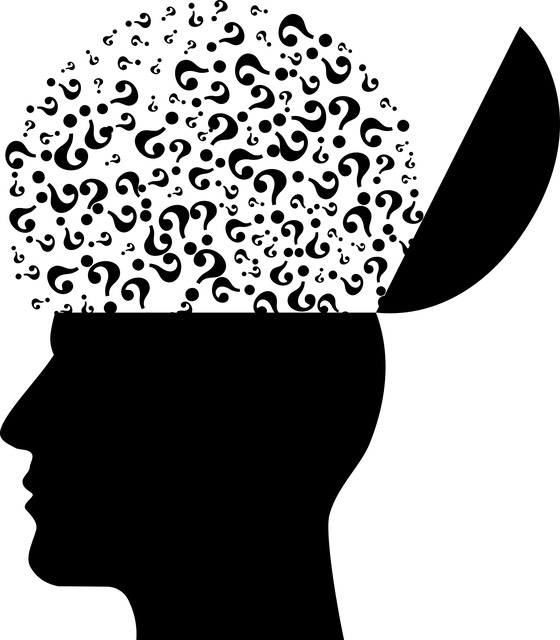
Resulta irónico, pero una de las palabras que más escuchamos desde niño (y hasta en la etapa de adulto) es la palabra “no”. Es casi imposible encontrar cualquier padre en el mundo que no la utilice con cierta frecuencia en el trato con sus hijos. Sin embargo, piensa en esto un momento. ¿Cuál es el mensaje que damos a un niño cuando le decimos que no puede hacer algo? ¿Le estamos condicionando para crear obstáculos en el camino o induciéndole a superar la dificultad para alcanzar su máximo potencial?

A continuación, un par de ideas referente al uso de las palabras:
Cuida las palabras. Debes tener cuidado al hablar y escribir, pero aún más al pensar. Mientras que todos hemos visto el daño que las palabras habladas o escritas pueden causar, no resulta tan obvio el porqué debemos ser cautelosos con las palabras que utilizamos en nuestras “conversaciones internas”. Desde que nos levantamos, la persona con quien más hablamos es con nosotros mismos. Siendo este el caso, utiliza palabras que te empoderen y te lleven a abrir las puertas de la oportunidad, en vez de que tus habilidades sean castradas. Las palabras que utilizamos crean las personas en que nos convertiremos.
Aprende a escuchar a los demás. Las palabras que otros utilizan cuando hablan se basan en su propia interpretación del mundo. No son ni más ni menos válidas que las tuyas, simplemente son una expresión de la realidad de alguien. En tal sentido, no es necesario tratar de convencer a los demás que tenemos la razón, porque en sus mentes ya ellos la tienen. Al prestar atención y escuchar con mucho cuidado las palabras que los demás utilizan, tenemos más posibilidad de entender lo que les motiva, y además, prestar atención a lo que dicen, es de los mejores regalos que podemos darles.

Las palabras forman una parte importante de la existencia y están con nosotros a donde nos vayamos. Con ellas, podemos crear castillos magníficos donde antes no había nada, o podemos derrumbar cualquier monumento. El lenguaje que utilizamos a diario crea la realidad que vivimos. Utiliza las palabras con sabiduría para dejar estelas de amor y prosperidad.
∞ Rob McBride ∞
LL IV 43
Lunar Letter / Words
Words are expressed in many different ways. Some soothe like a warm summer breeze, others cut like a knife without mercy. Some are like the wind which comes and goes, others stay etched in our minds forever. Some build us up and others tear us down.

What are the words you repeat mentally every day?
Do they encourage you to try harder and carry on, or to throw in the towel and give up?

It’s ironic but the word we hear most as a child (and many times as an adult) is the word “no.” It’s almost impossible to find a parent anywhere in the world who doesn’t use it with some frequency to reprimand their children. Nevertheless, think about it for a moment. What is the message we give to a child when we repeatedly tell him or her that they can’t do something? Are we are conditioning them create obstacles in their path or encouraging them to overcome difficulty to reach their full potential?
Following, a couple of ideas regarding the use of words:
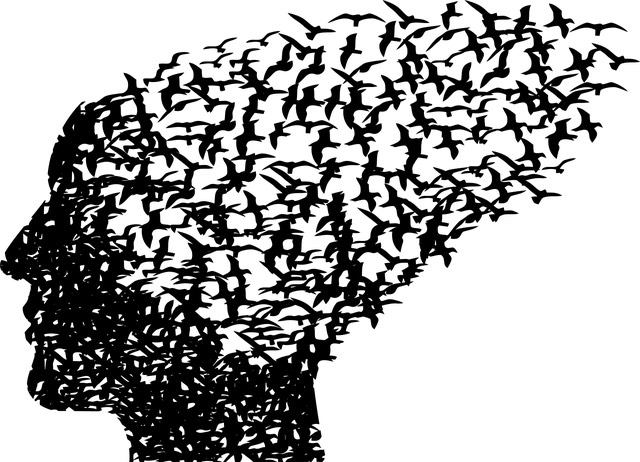
Choose your words carefully when speaking and writing, but perhaps even more so when you are thinking. While we have all seen the damage spoken and written words can cause, not so obvious is why to be cautious with the words we use in our “internal conversations.” From the time we wake up in the morning, the person we generally speak with the most is ourself. Since this is the case, use words that empower you to open the doors of opportunity, rather than those that castrate your every ability. The words we use create the people we will become.
Learn to listen to others. The words others use when they talk are based on their interpretation of the world. They are neither more or less valid than ours, they are simply an expression of their reality. As such, it isn’t necessary to try to convince others we are right, because in their minds they already are. By paying attention and listening carefully to the words others use, we can better understand what motivates them, and besides, paying attention to others is one of the most valuable gifts we can give them.

Words form an important part of existence and they are with us wherever we go. With them we can build fantastic castles where there was previously nothing, or we can cause the same to come tumbling down. The language we use daily creates the reality we live eventually. Use words wisely to leave love and prosperity in your wake.
∞ Rob McBride ∞
LL IV 43
Lunar Letter / Bend but Don’t Break
Have you wondered why some people are able to overcome difficulty more easily than others?

Like a palm tree shaken by a storm that bends but does not break, we too can learn how to do to the same. Following are some suggestions to help you handle adversity and grow in the process:
- Remember that nothing is forever. The same way the year has seasons and these come and go, so too occurs with the storms of life; they have a beginning and an end. Like when a wonderful sunny day suddenly becomes completely overcast, the same thing can happen to us. You can go from feeling like you are on top of the world looking down, and in an instant, as the result of a word, a look, or a silence suddenly feel like you are groveling on the ground. This is when it is wise to remember the Chinese proverb: “Fall down seven times, get up eight.”
- Ask yourself, “What is right about this situation?” Regardless of the challenge, do this exercise. No matter how bad the news, and while it may seem impossible, find out what is good about the situation. We consider some things to be “bad”, but in the end they could be the source of something good. Imagine that your spouse tells you, “I’m fed up! I want to leave and live my life with someone else.” While this appears to be tough at first and perhaps you would prefer to never have to go through it, this news can open an opportunity to meet other people who very well could be much more compatible with you.

- Think about those who have gone through something similar. Another way to bend without breaking in the process is to think of those who have faced the same situation, or even worse, than what we face right now. Do you think you are the only one with problems? Do you think you are the only one in the world who has lost a loved one or made a mistake on something important? Well, I’ve got news for you, you are not! Right now, there are almost eight billion people in the world and I can assure you that among them many have gone through equal or worse circumstances. Most interesting is that these difficulties have been overcome in some way, shape, or form by many of them.
- Realize death as inevitable. Though I know it’s not nice to talk about this, regardless of our age, economic or social status, losing someone close to us is difficult. There isn’t any way to paint as something positive about it. Nevertheless, it is completely natural and happens with some frequency. The idea isn’t to be morbid, or negative about death, but rather realistic. In your experience, what generally happens in the world after someone dies? In mine, life goes on, and certainly when our time comes to “pass on over to the other side,” the same will happen.

It’s not easy to bend without breaking, but it’s not impossible. I know of no magic wand which will eliminate all of the problems you might have, but it is possible to diminish the magnitude of the effect adversity has on you. When you but your difficulties into perspective, generally you see that it is not the end of the word, rather a lesson to be learned and this can enable you to bend without breaking.
∞ Rob McBride ∞
LL IV 42
Lunar Letter / Doblar sin Romper
¿Alguna vez te has preguntado porque algunas personas logran superar la dificultad con más facilidad que otras?

Así como una palmera que es sacudida por una tormenta hasta ser doblada, pero sin llegar a romperse, de esa misma manera nosotros también podemos aprender como hacerlo. A continuación unas sugerencias que te permitirán manejar la adversidad y crecer en el proceso:
- Sé consciente de que nada es para siempre. De la misma manera que el año tiene estaciones y éstas van y vienen, así también ocurre con las tempestades de la vida; tienen un comienzo y un fin.
Tal como le ocurre a uno de esos días bellos y soleados, que de repente llegan a estar completamente nublados, a nosotros también nos puede ocurrir. Puedes pasar de sentirte en la cima del mundo, mirando todo desde arriba, y en un momento determinado producto de una palabra, una mirada o un silencio sentirte derrumbado y terriblemente mal. Es entonces cuando debes recordar lo que dice un proverbio chino: “Caerse siete veces, levantarse ocho.”
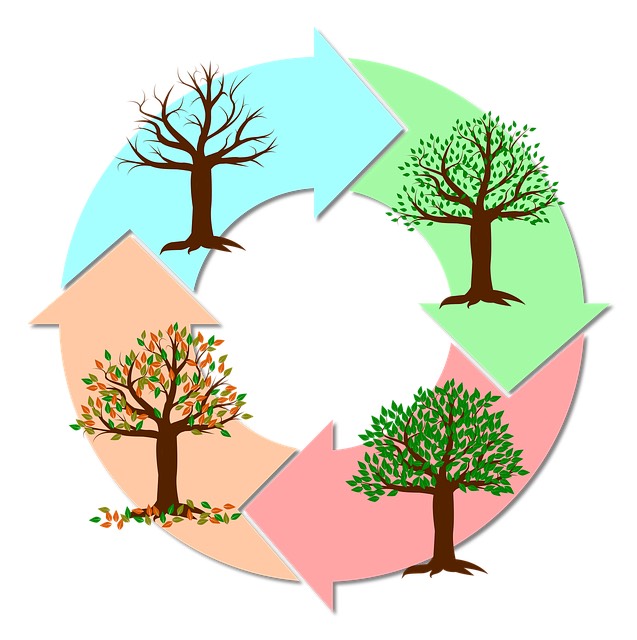
- Pregúntate, ¿qué hay de bueno en esta situación? No importando cuál sea el desafío, haz este ejercicio. Por muy mala que pueda ser la noticia, y aunque parezca imposible, puedes encontrar algo bueno en ella. Unas de estas noticias pudieran ser consideradas como “malas”, pero que en el fondo podrían ser la fuente de algo bueno. Imagina que tu pareja te dice: —¡Estoy harto! y quiero hacer mi vida en otro lado y con otra persona—. Mientras que parece muy duro a primera vista y opines que el mejor escenario sería que jamás te tocara pasar por esto, igualmente esa noticia, puede abrirte la oportunidad de conocer a otras personas que dado el momento pudieran ser mucho más compatibles contigo como pareja.
- Piensa qué hay otras personas que han pasado por lo mismo. Otra manera de doblarnos y no salir rotos en el intento es pensar en todas aquellas personas que han enfrentado situaciones parecidas, o aún más complicadas, de las que te tocan sufrir ahora. ¿Acaso crees que eres la única persona que tiene problemas? ¿Piensas que en todo el mundo eres el único que ha perdido a alguien cercano, o quien se ha equivocado en algo importante? ¡Pues déjame recordarte que no! Actualmente, hay casi ocho mil millones de personas sobre esta tierra y puedo asegurarte qué entre ellos muchos han pasado por problemas o situaciones semejantes a los tuyos, algunos hasta peores. Lo más interesante es que esas mismas dificultades han sido superadas de alguna manera u otra por muchos de ellos.

- Date cuenta que la muerte es inevitable. Aunque no suele ser muy agradable pensarlo, sin importar nuestra edad, estado económico o nivel social, perder a alguien cercano siempre resulta difícil. No hay manera de pintarlo como algo positivo. Sin embargo, es un evento natural y que además ocurre con cierta frecuencia. La idea no es asumir una filosofía mórbida, ni negativa sobre la muerte, sino más bien ser realista. En tu experiencia: —¿Qué ocurre en el mundo después de que se muere alguien? En la mía, la vida sigue, y lo más seguro es que así también será cuando tú y yo, llegada la hora, partamos de este plano al “otro lado”.

En fin, no es que sea fácil doblarnos sin rompernos, pero tampoco es imposible. Por supuesto, se que no existe una varita mágica con la cual eliminar todos los problemas de tu vida, sin embargo, sí es posible disminuir la magnitud del efecto que la adversidad puede generar en ti. Cuando pones tus dificultades en perspectiva, generalmente ves que no es el fin del mundo, sino una lección a ser aprendida y eso puede permitirte doblar y no romper.
∞ Rob McBride ∞
LL IV 42
Semillas del Éxito / Comienzos 🌅
El final de algo suele ser el comienzo de otro. Escoge con cuidado tu próximo paso.
∞ Rob McBride ∞
SE VIII xii 31

Seeds of Success / Beginnings🔰
The end of one thing is most often the beginning of another. Choose your next step wisely.
∞ Rob McBride ∞
SS VIII xii 31

Seeds of Success / Emotions 👆
Like the night follow the day, emotions are like a teeter-totter going up and down
A∞ Rob McBride ∞
SS VIII xii 30

Semillas del Éxito / Las Emociones 👇
Como la noche sigue el día, las emociones son como un vaivén que suben y bajan.
∞ Rob McBride ∞
SE VIII xii 30

Semillas del Éxito / Perspectiva 👀
Lo bueno o lo malo, frecuentemente resultan de un punto de vista u otro.
∞ Rob McBride ∞
SE VIII xii 29

Seeds of Success / Perspective 🎴
Good or bad, frequently a matter of one perspective or another.
A∞ Rob McBride ∞
SS VIII xii 29
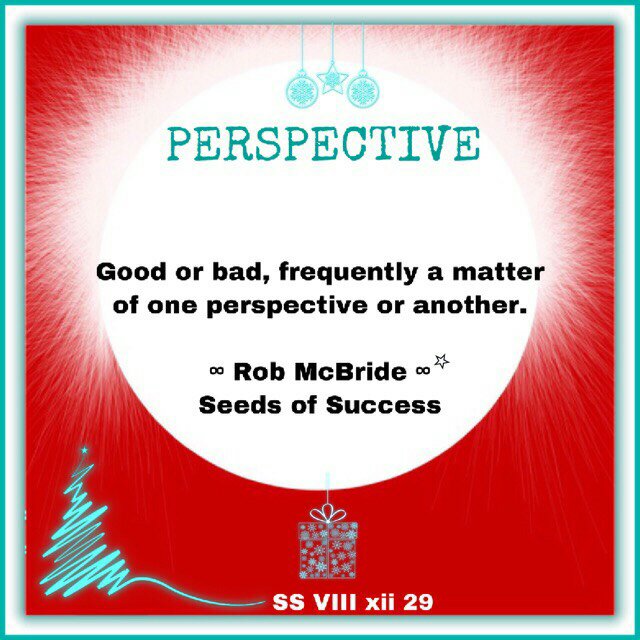
Seeds of Success / Fate 👣
Fate leads us to the opportunity, but we must be the ones who seize it.
∞ Rob McBride ∞
SS VIII xii 28

Semillas del Éxito / El Destino 🌌
El destino nos lleva a la oportunidad, pero somos nosotros los que tenemos que tomarla.
∞ Rob McBride ∞
SE VIII xii 28

Semillas del Éxito / La Dificultad 🚦
A pesar de las dificultades del camino, la vida es una tremenda aventura que merece ser andada.
∞ Rob McBride ∞
SE VIII xii 27

Seeds of Success / Difficulty 🚧
Despite the difficulties along the way, life is a tremendous adventure worth taking.
∞ Rob McBride ∞
SS VIII xii 27
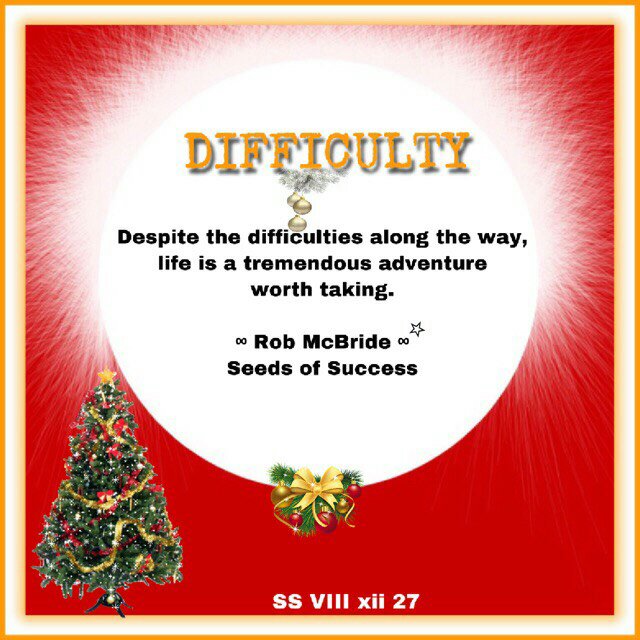
Seeds of Success / Be Brave 🎯
Don’t be the one who criticizes what others do, rather the one who gets things done.
∞ Rob McBride ∞
SS VIII xii 26

Semillas del Éxito / Valentía 🐒
No seas el que solo critica lo que hacen los demás, sino sé quien logra hacer las cosas.
∞ Rob McBride ∞
SE VIII xii 26

Semillas del Éxito / Navidad 🎅
Dar durante Navidad no tiene que ser algo eventual, sino algo perpetual.
∞ Rob McBride ∞
SE VIII xii 25

Seeds of Success / Christmas 🎄
Giving at Christmas doesn’t have to be a once a year fling, make it an everyday thing.
∞ Rob McBride ∞
SS VIII xii 25

Seeds of Success / Opportunity 🌅
The dawn of each new day brings the opportunity to give thanks for all we have or complain about what we don’t.∞ Rob McBride ∞SS VIII xii 24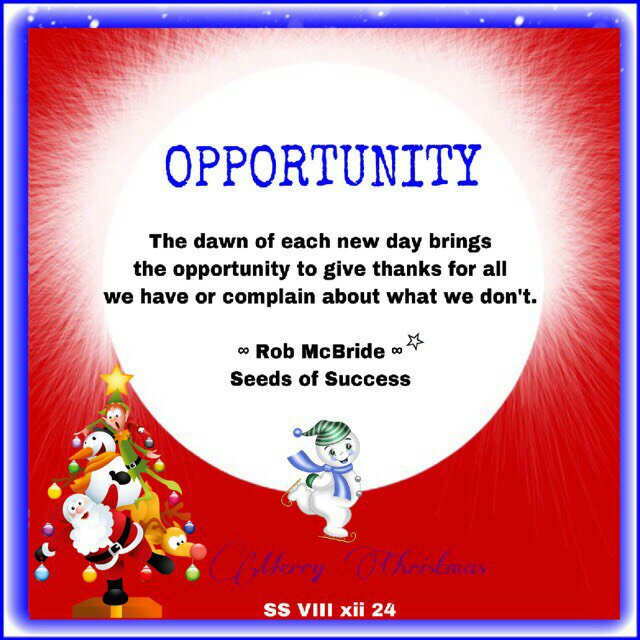
Semillas del Éxito / Oportunidad 🌇
El amanecer de cada día trae consigo la oportunidad de agradecer todo lo que tenemos o maldecir por lo que nos falta.
∞ Rob McBride ∞
SE VIII xii 24

Semillas del Éxito / Puntos de Luz 💡
Asegura que los puntos de luz que utilizas te guíen hacia donde quieres estar.
∞ Rob McBride ∞
SE VIII xii 23

Seeds of Success / Guiding Lights 💥
Make sure the guiding lights you use lead you to where you to be.
∞ Rob McBride ∞
SS VIII xii 23

Semillas del Éxito / Escucha 👂
Es sabio escuchar el consejo de otro, y luego seguir nuestra voz interna.
∞ Rob McBride ∞
SE VIII xii 21

Seeds of Success /Listen 👂 👂
It’s wise to listen to another’s advice, and then follow your inner voice.
∞ Rob McBride ∞
SS VIII xii 21

Semillas del Éxito / La Angustia 😲
Sepárate de la angustia viviendo este día como una historia aparte.
∞ Rob McBride ∞
SE VIII xii 21

Seeds of Success / Strife 😖
Let go of strife by counting this day as a separate life.
∞ Rob McBride ∞
SS VIII xii 21

Seeds of Success / Pause 💭
Take a pause, consider your place in the world and then determine what you will do with it.
∞ Rob McBride ∞
SS VIII xii 20

Semillas del Éxito / Toma una Pausa ✒
Toma una pausa, considera tu lugar en el mundo y determina lo que harás con él.
∞ Rob McBride ∞
SE VIII xii 20

Semillas del Éxito / Aquí y Ahora 🌅
La vida no se vive en los “aquellos y entonces”, sino en los “aquí y ahora”.
∞ Rob McBride ∞
SE VIII xii 19

Seeds of Success / Here and Now 🌇
Life is not lived “when or then,” rather “here and now.”
∞ Rob McBride ∞
SS VIII xii 19

Seeds of Success / Decisions 😮
When you’ve got to make a difficult decision, go with your gut.
∞ Rob McBride ∞
SS VIII xii 18

Semillas del Éxito / Decisiones 😒
Cuando debas tomar una decisión difícil, hazlo con lo que sientes por dentro.
∞ Rob McBride ∞
SE VIII xii 18

Semillas del Éxito / Movimiento 🏃
No te quedes al margen esperando que algo suceda; crea movimiento y lánzate a hacerlo.
∞ Rob McBride ∞
SE VIII xii 17

Seeds of Success /Movement 💃
Don’t step aside waiting for something to happen, jump inside and create some commotion.
∞ Rob McBride ∞
SS VIII xii 17
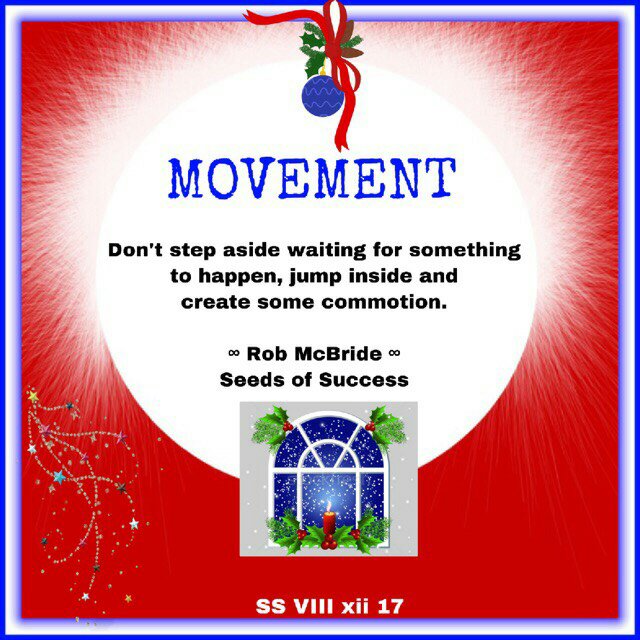
Seeds of Success / Love 💝
Love yourself as you are where you are. You will be fine.
∞ Rob McBride ∞
SS VIII xii 16

Semillas del Éxito / Amor 💖
Ámate como eres y donde estés. Estarás bien.
∞ Rob McBride ∞
SE VIII xii 16

Semillas del Éxito / Tiempo ⏳
Establece como una meta honrar tu tiempo hoy como el activo más valioso que tienes.
∞ Rob McBride ∞
SE VIII xii 15

Seeds of Success / Time ⌚
Make it your goal to honor your time today as your most precious asset.
∞ Rob McBride ∞
SS VIII xii 15

Seeds of Success / Enthusiasm 💃
Enthusiasm allows us to smile and continue on.
∞ Rob McBride ∞
SS VIII xii 14

Semillas del Éxito / El Entusiasmo 😁
El entusiasmo nos permite sonreír y seguir.
∞ Rob McBride ∞
SE VIII xii 13

Semillas del Éxito / La Semilla de la Grandeza 🌱
La semilla de la grandeza se encuentra dentro de cada uno de nosotros. Para que prospere tenemos que regarla y cuidarla.
∞ Rob McBride ∞
SE VIII xii 13

Seeds of Success / The Seed of Greatness 🌳
The seed of greatness lies within each of us. For it to prosper we must water and take care of it.
∞ Rob McBride ∞
SS VIII xii 13

Seeds of Success / Giving / Receiving 👋
If you want more out of life than you have been getting, begin to give more than you have been giving.
∞ Rob McBride ∞
SS VIII xii 12




